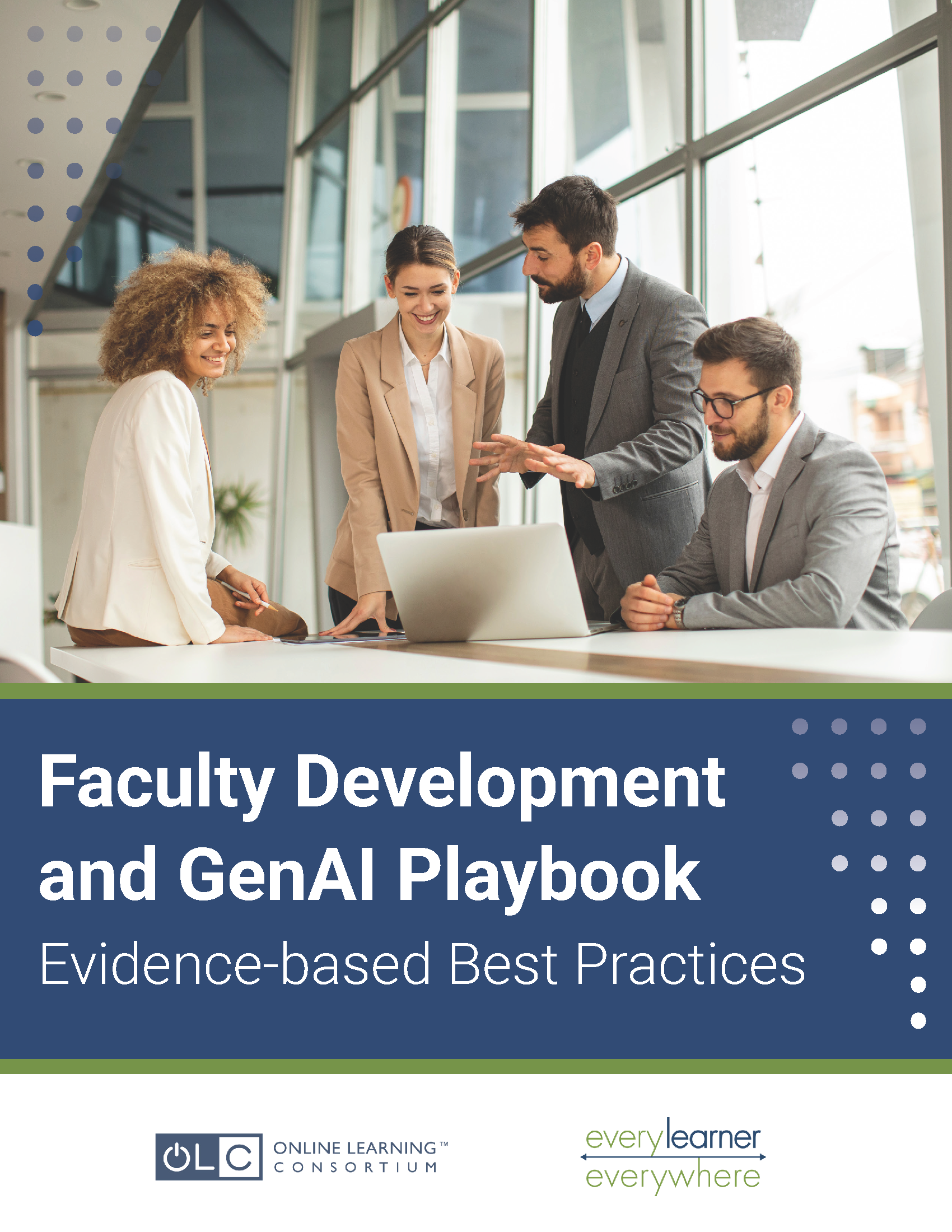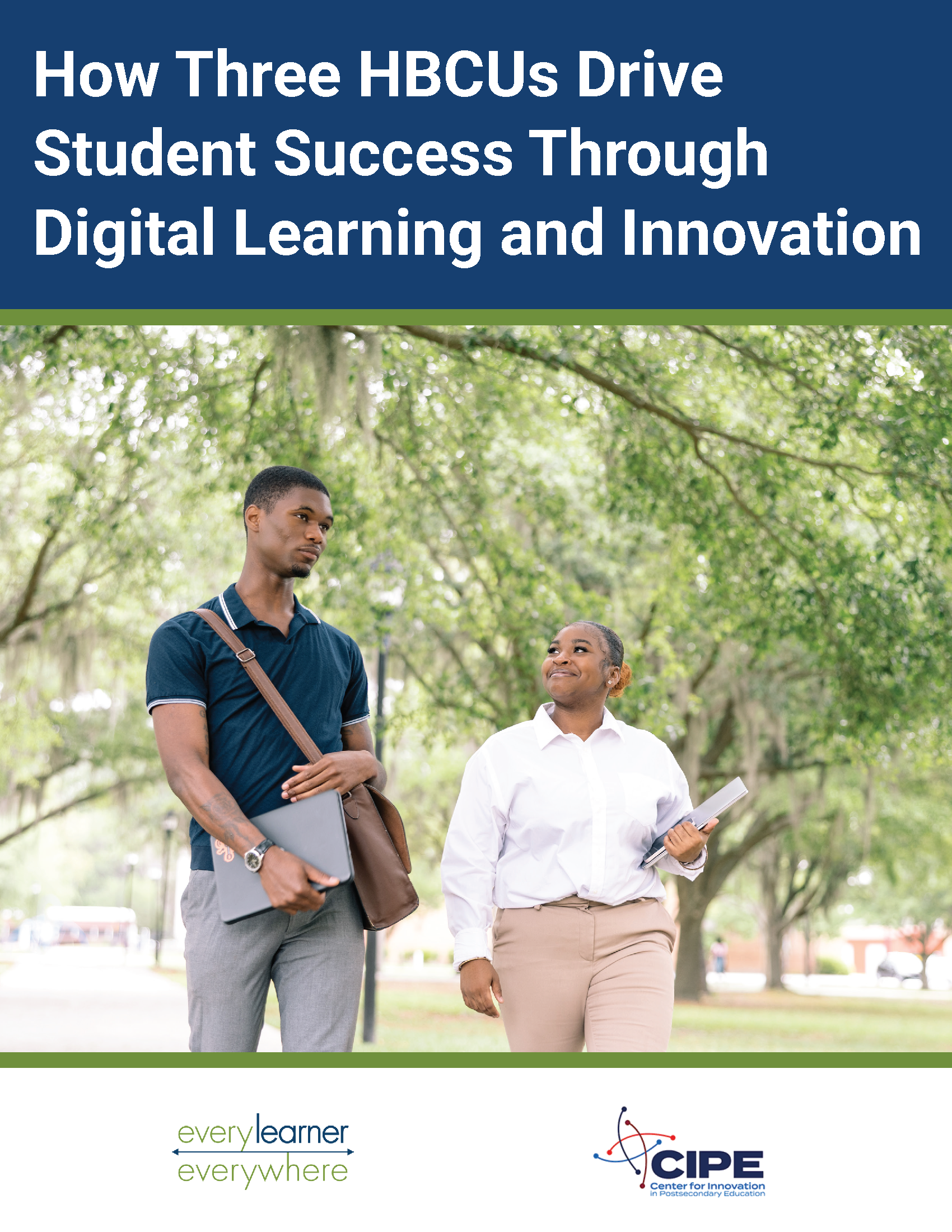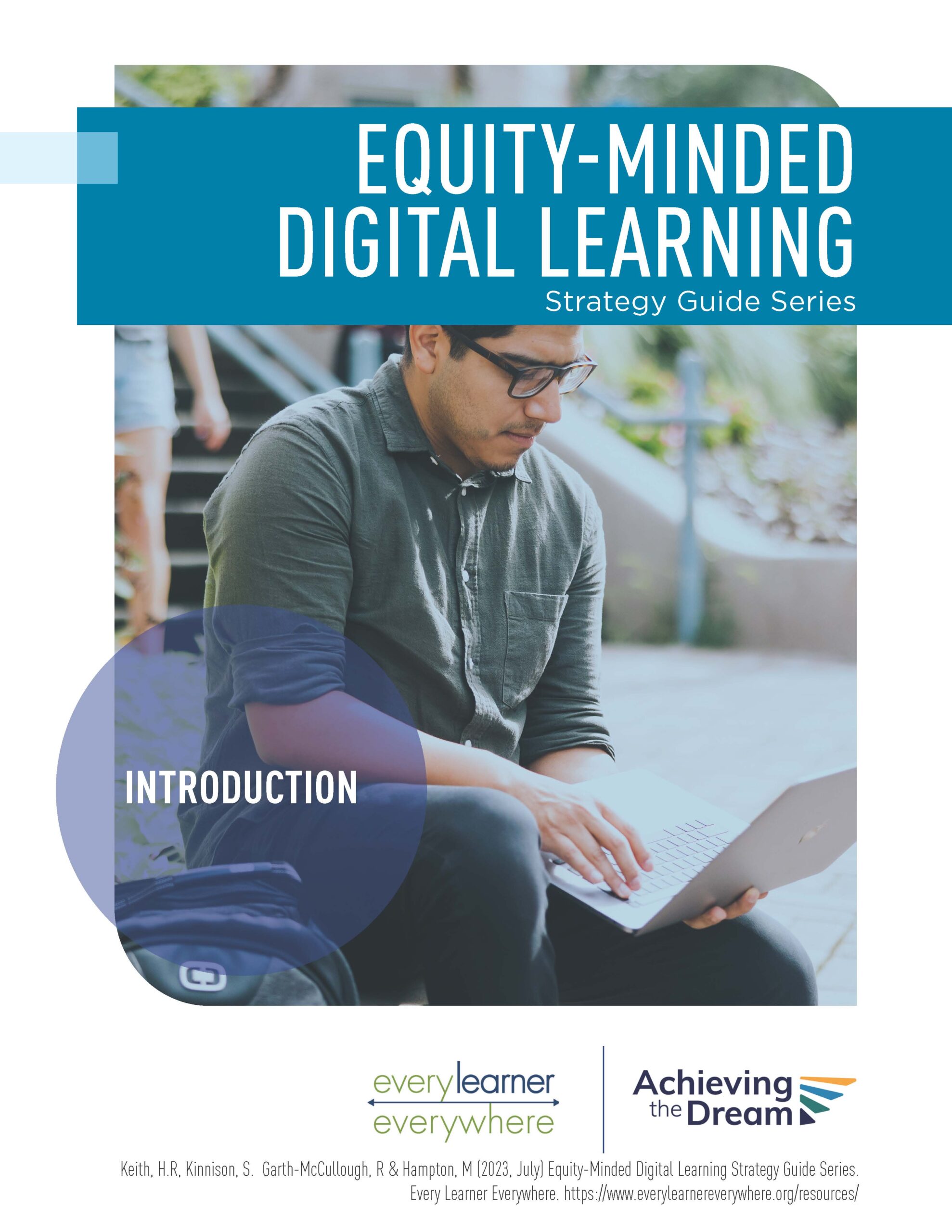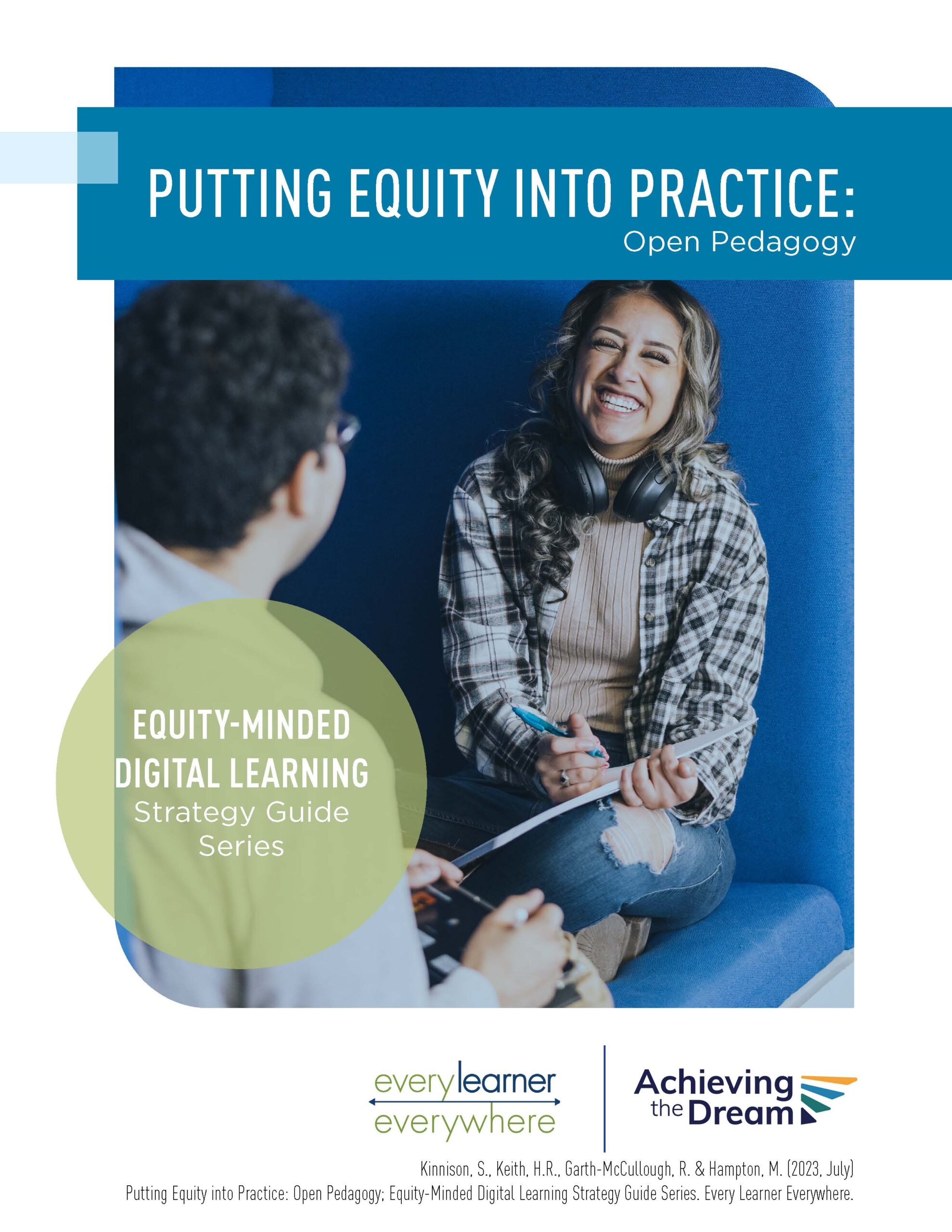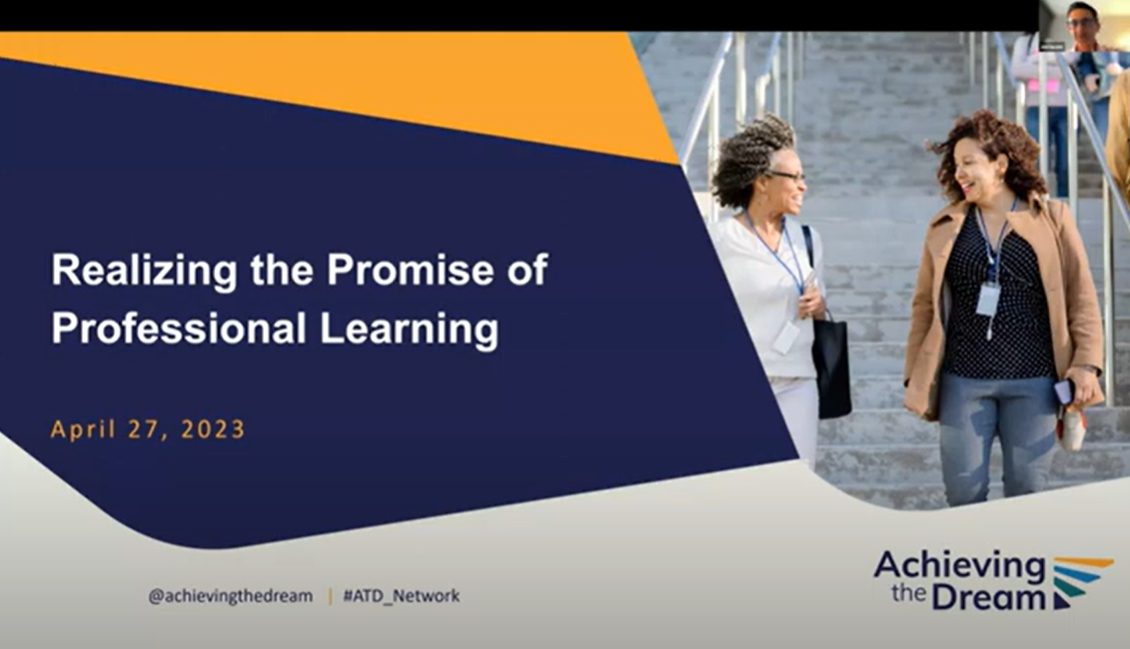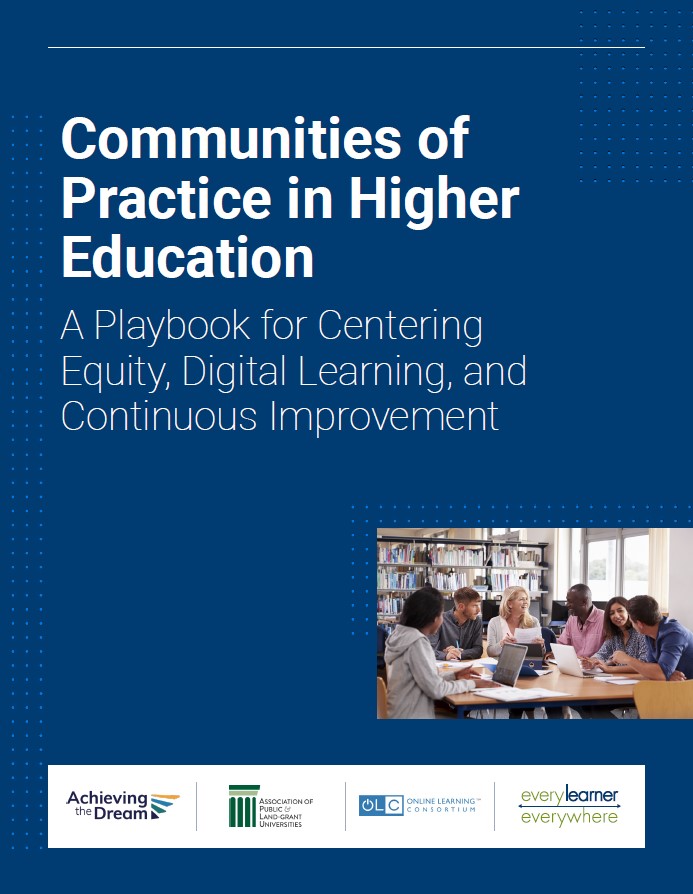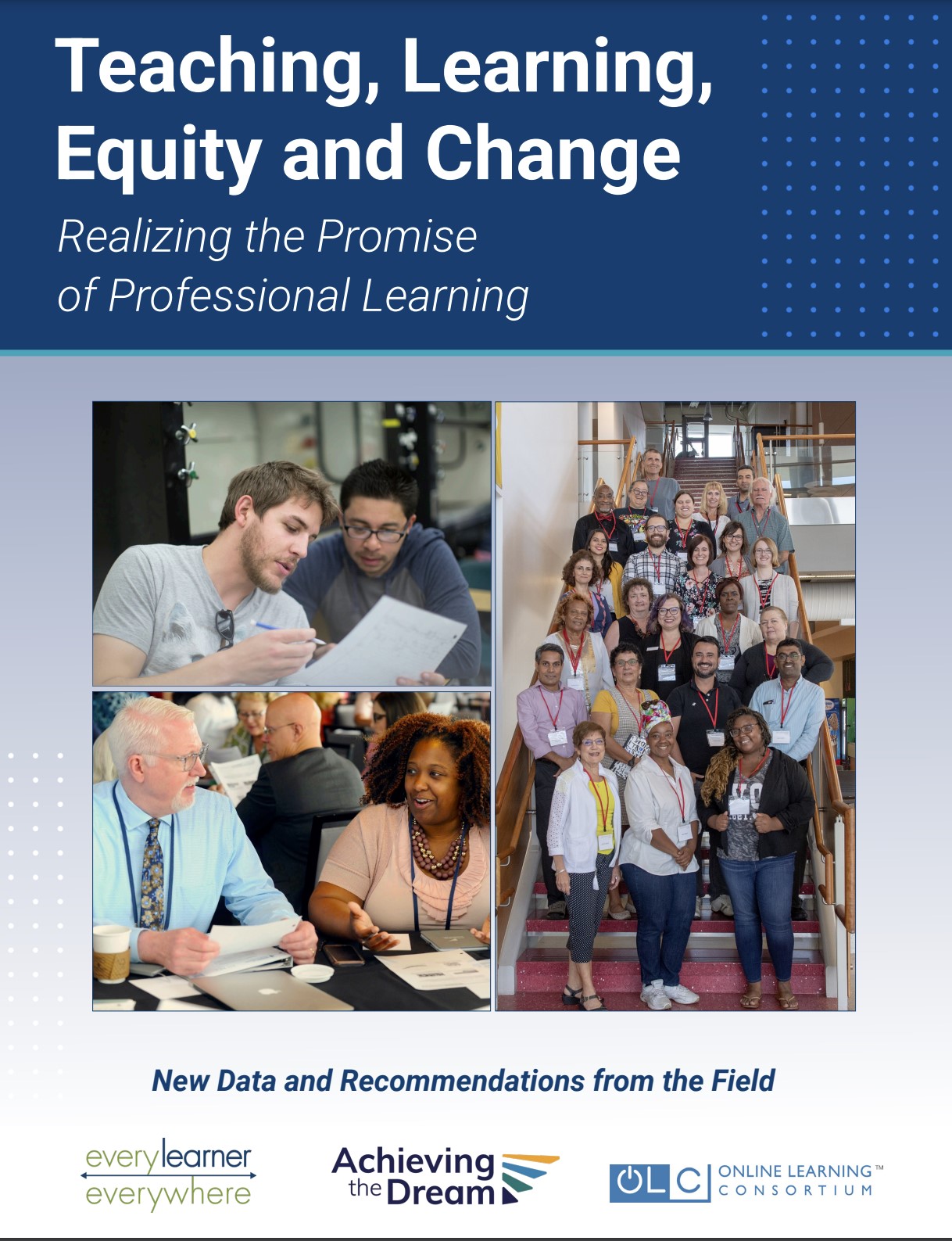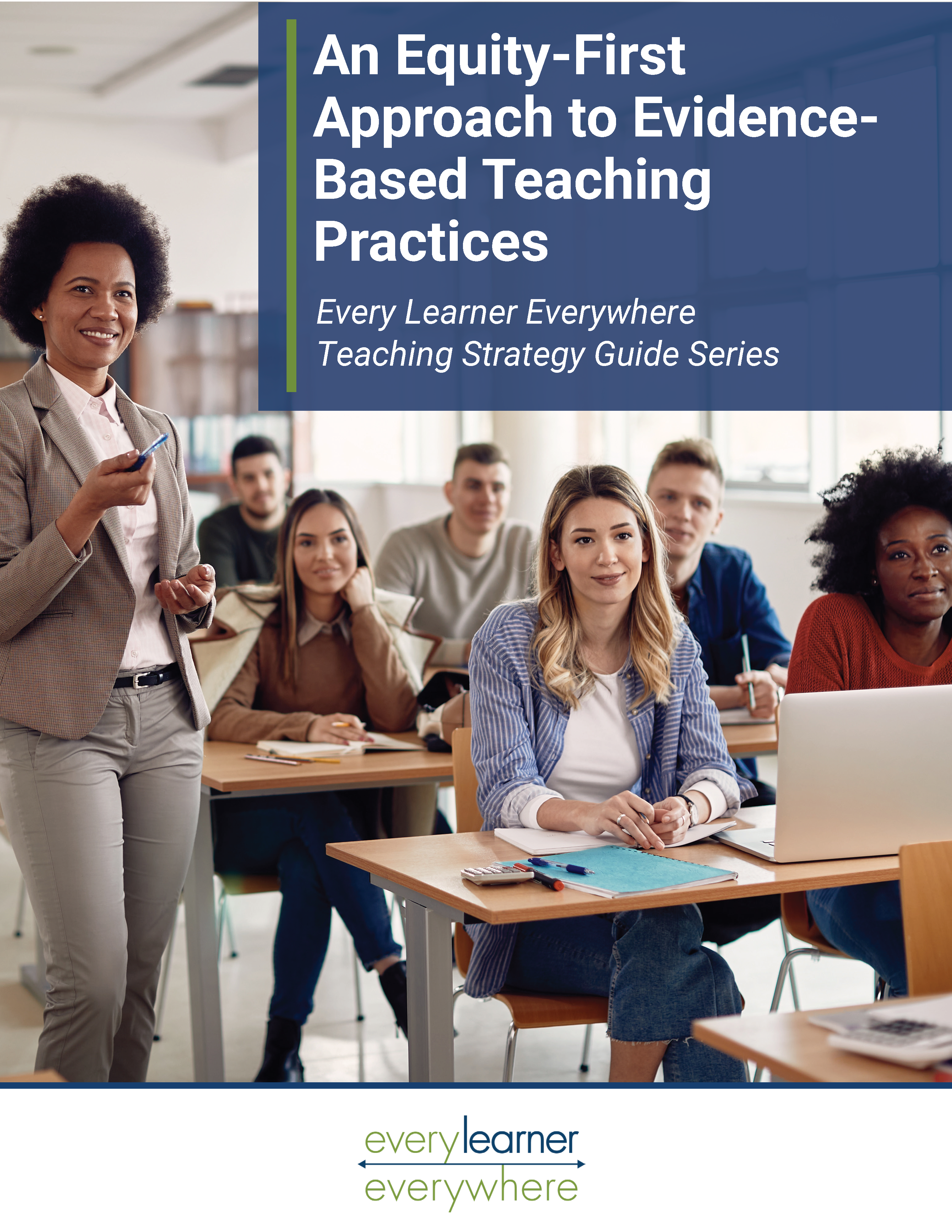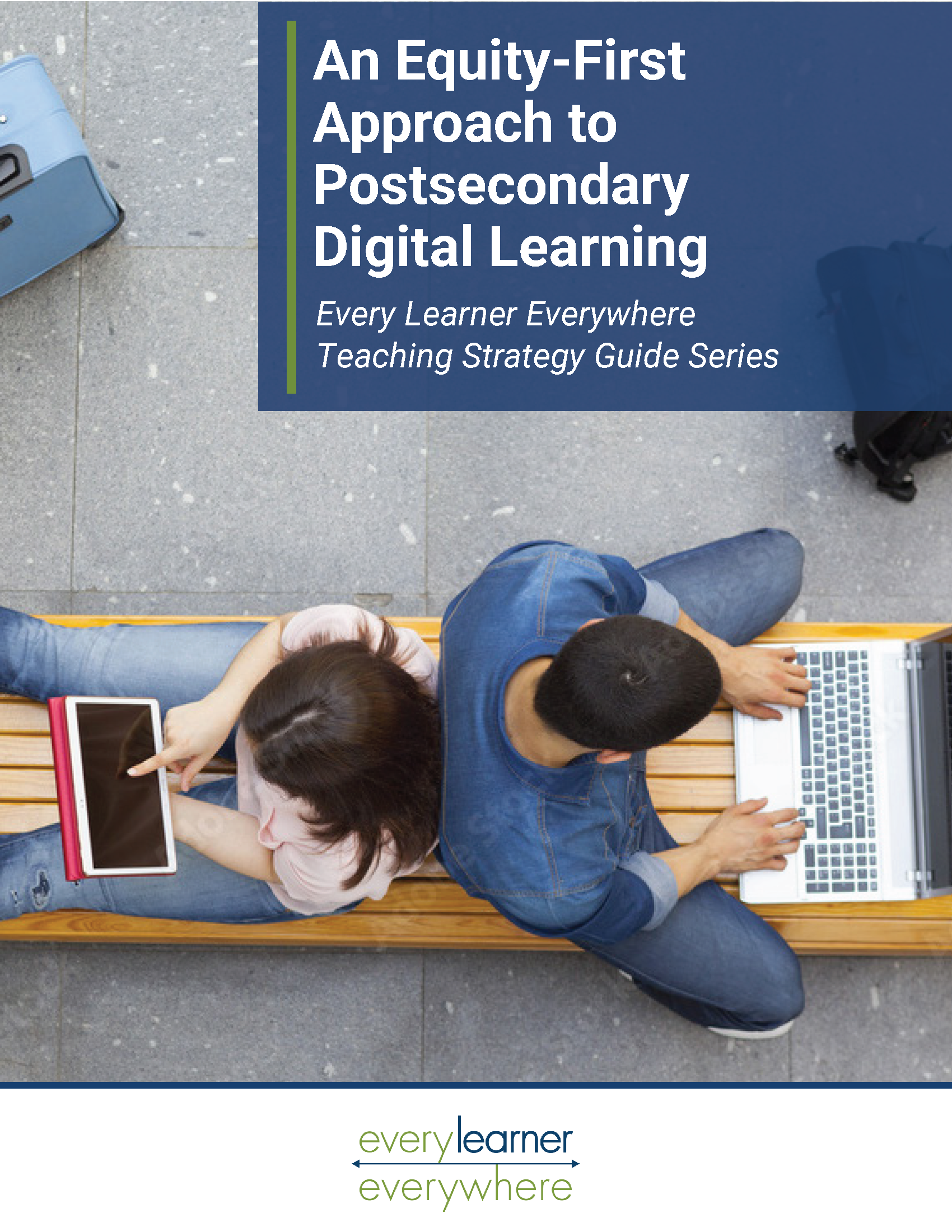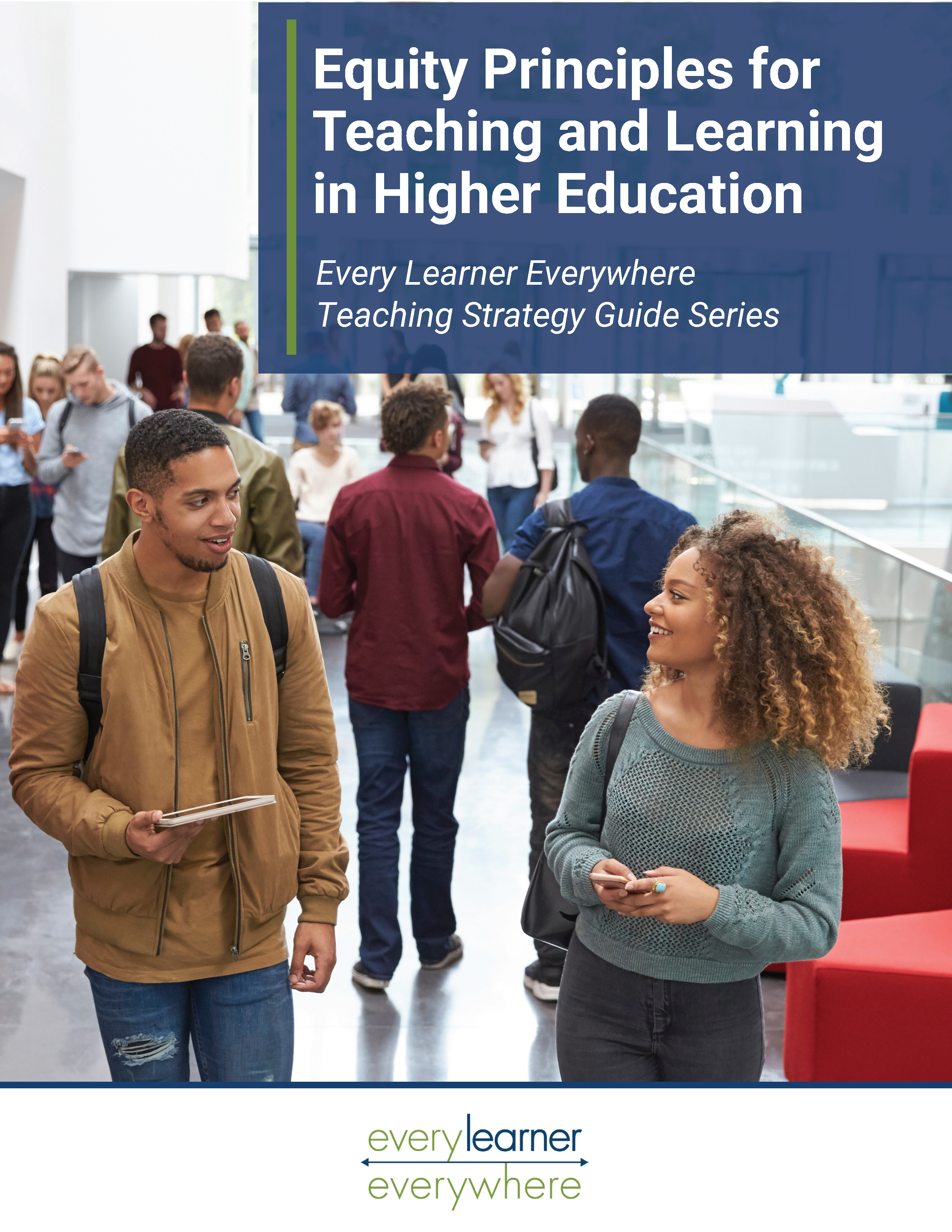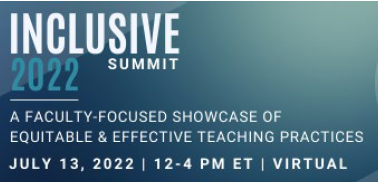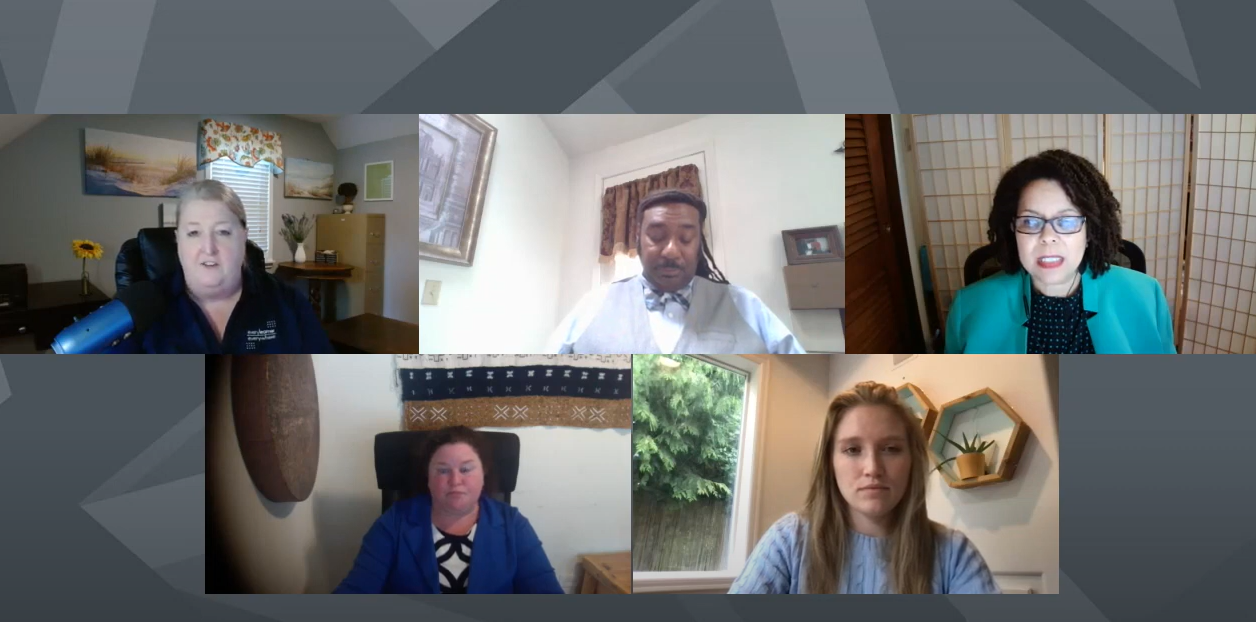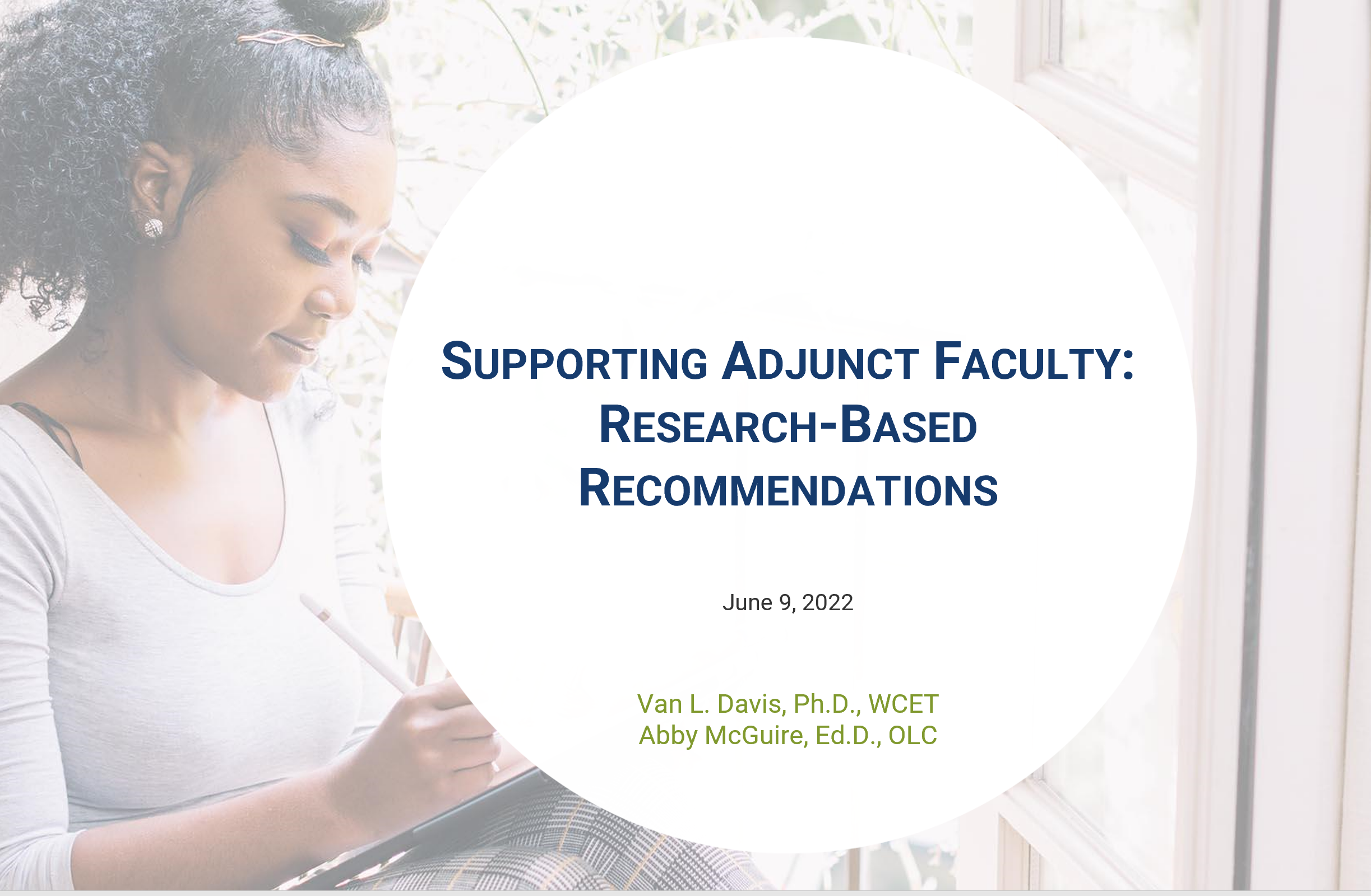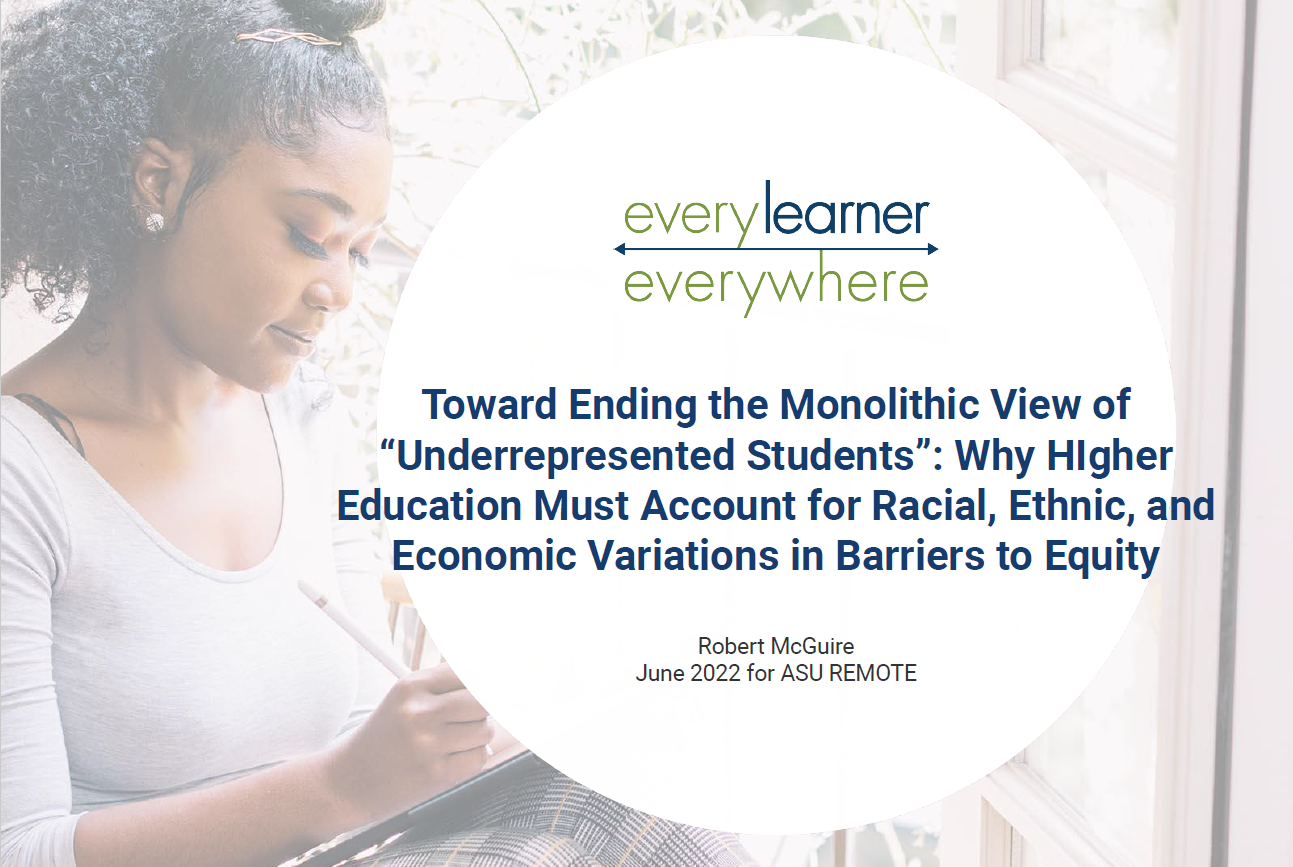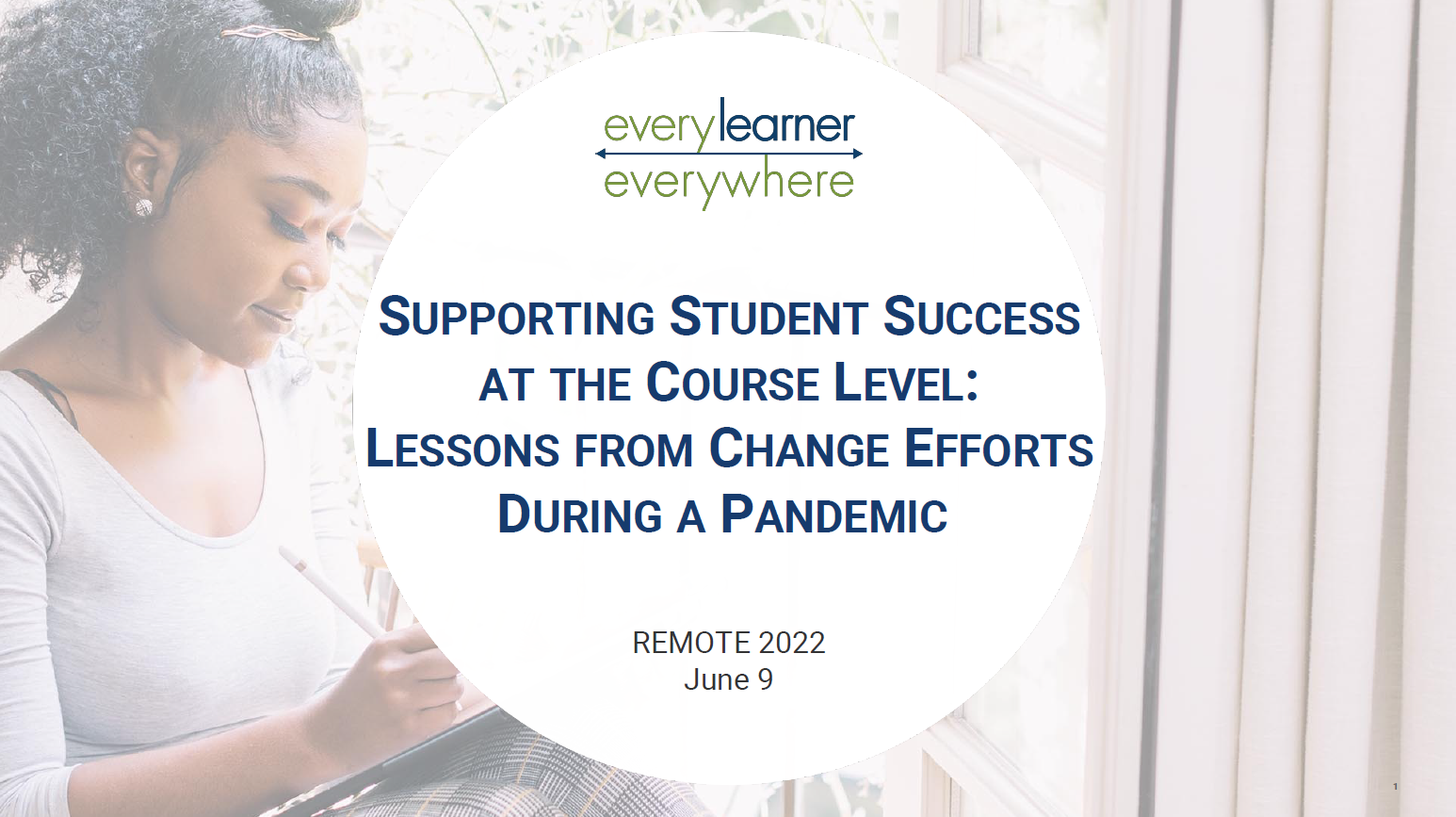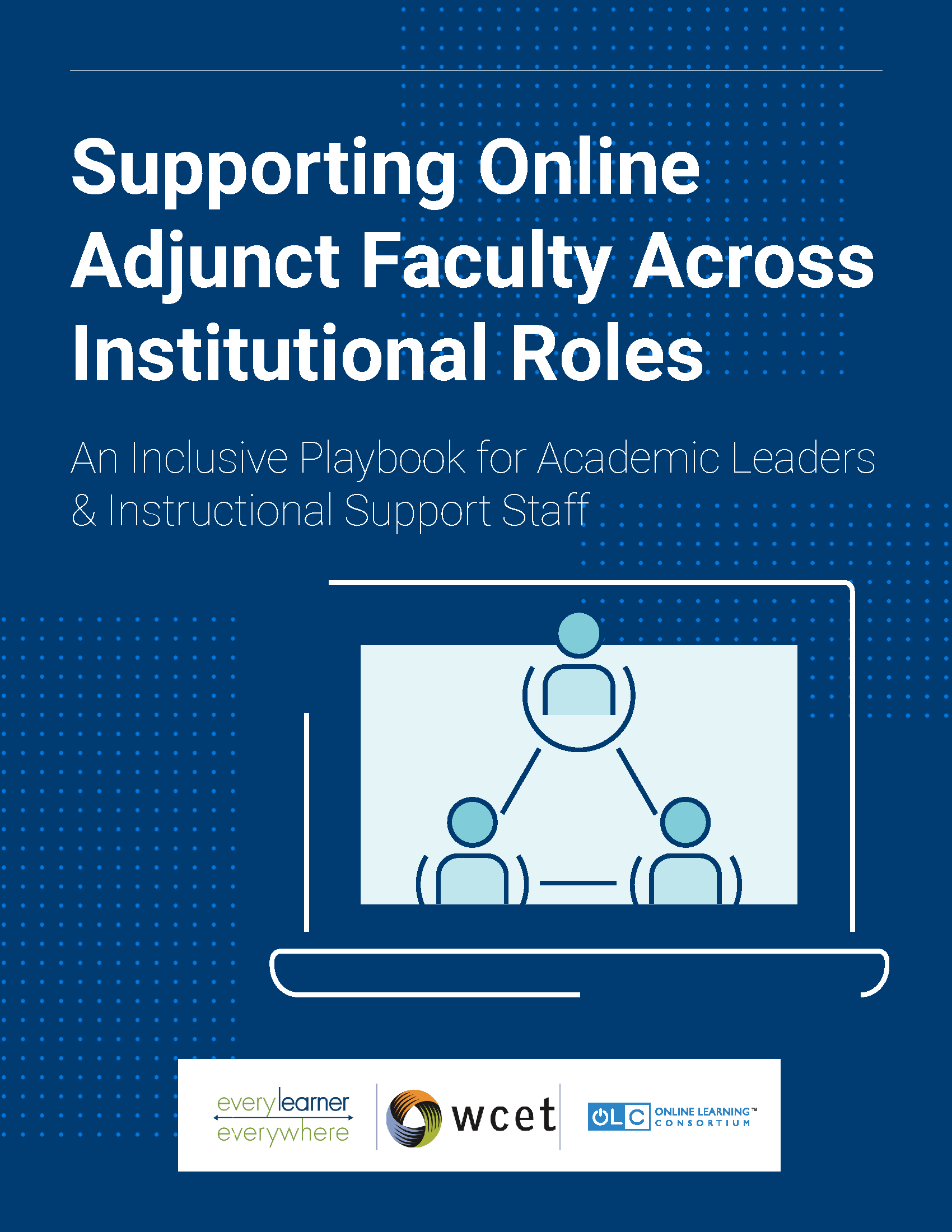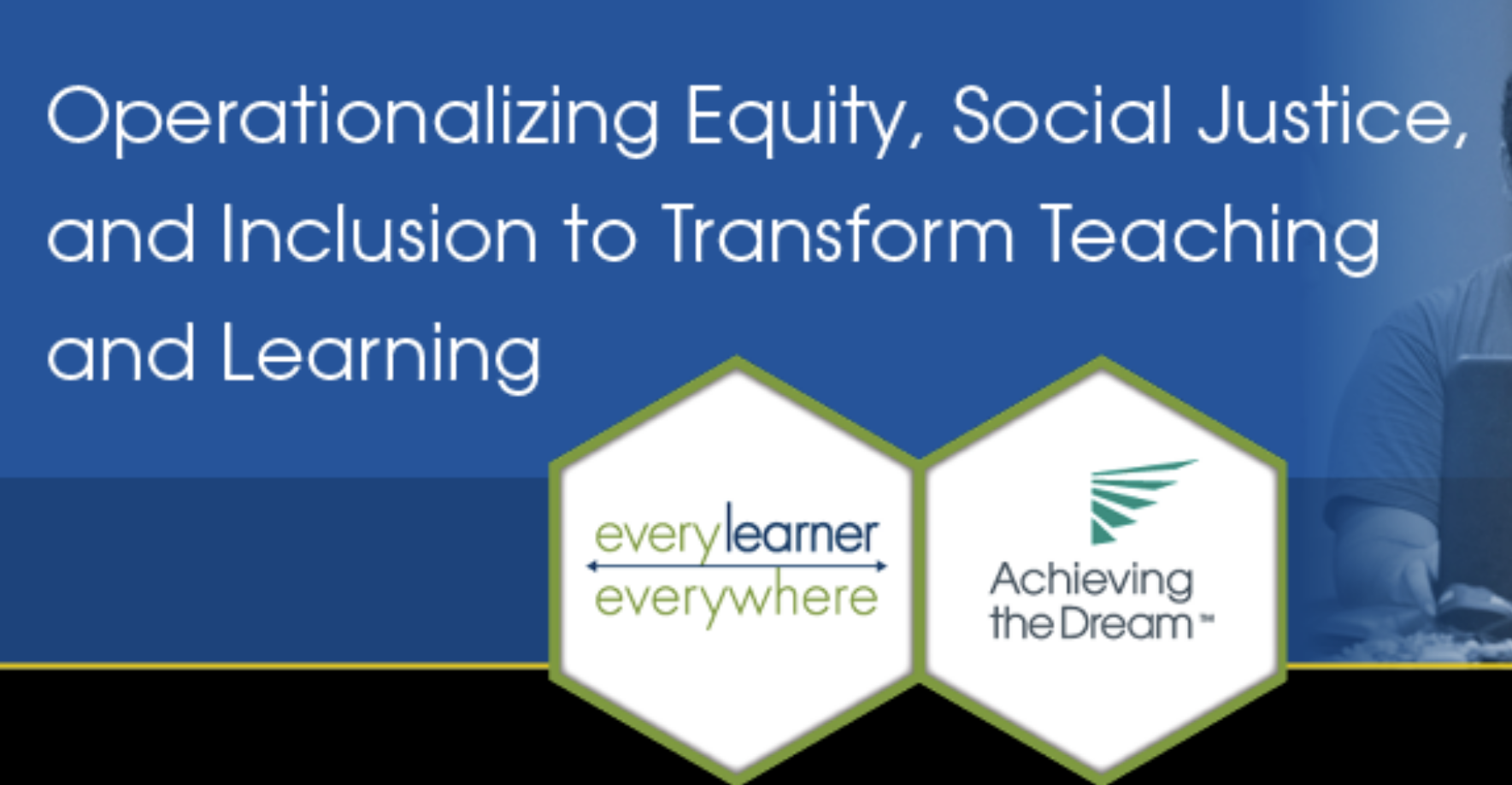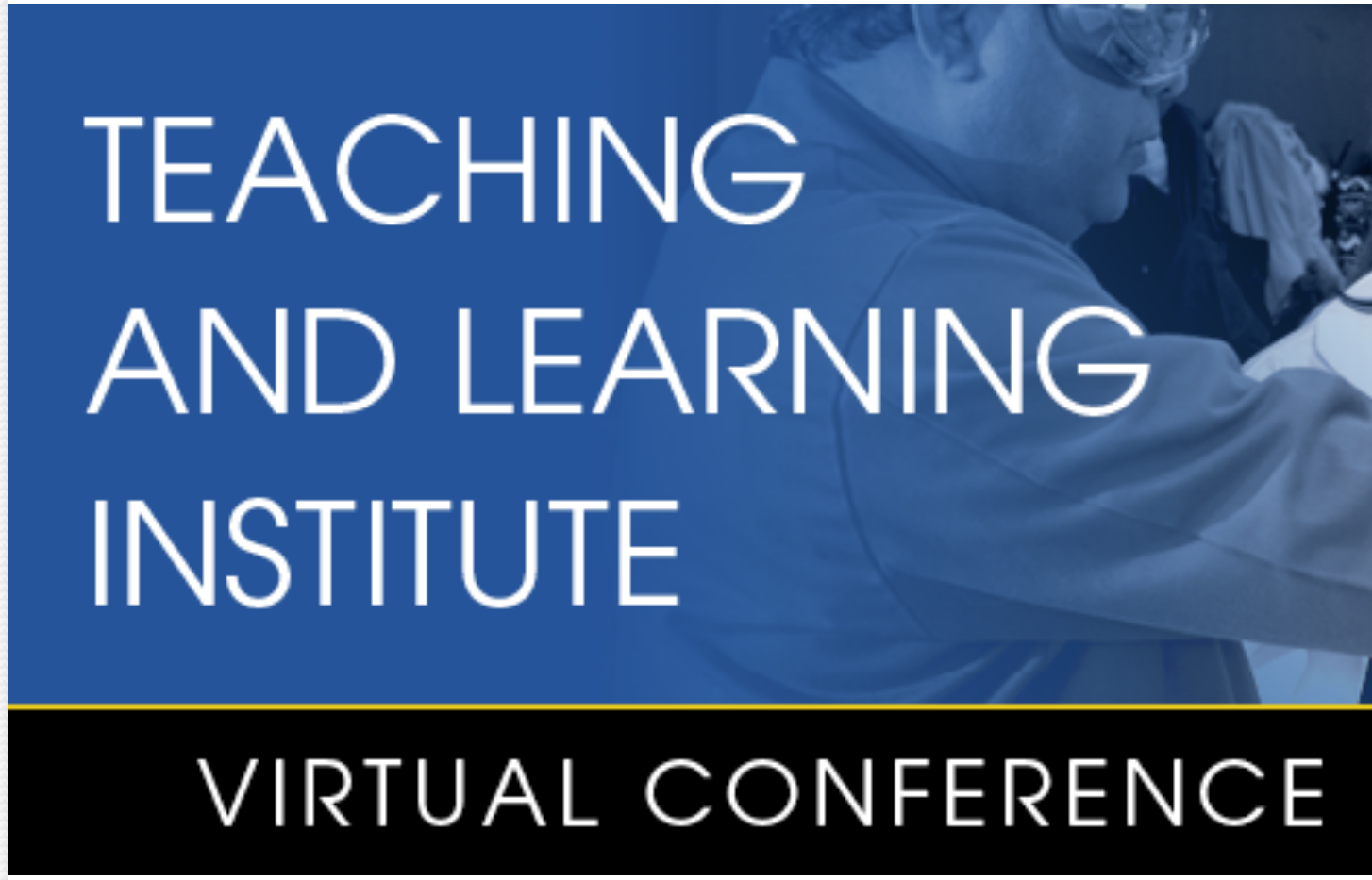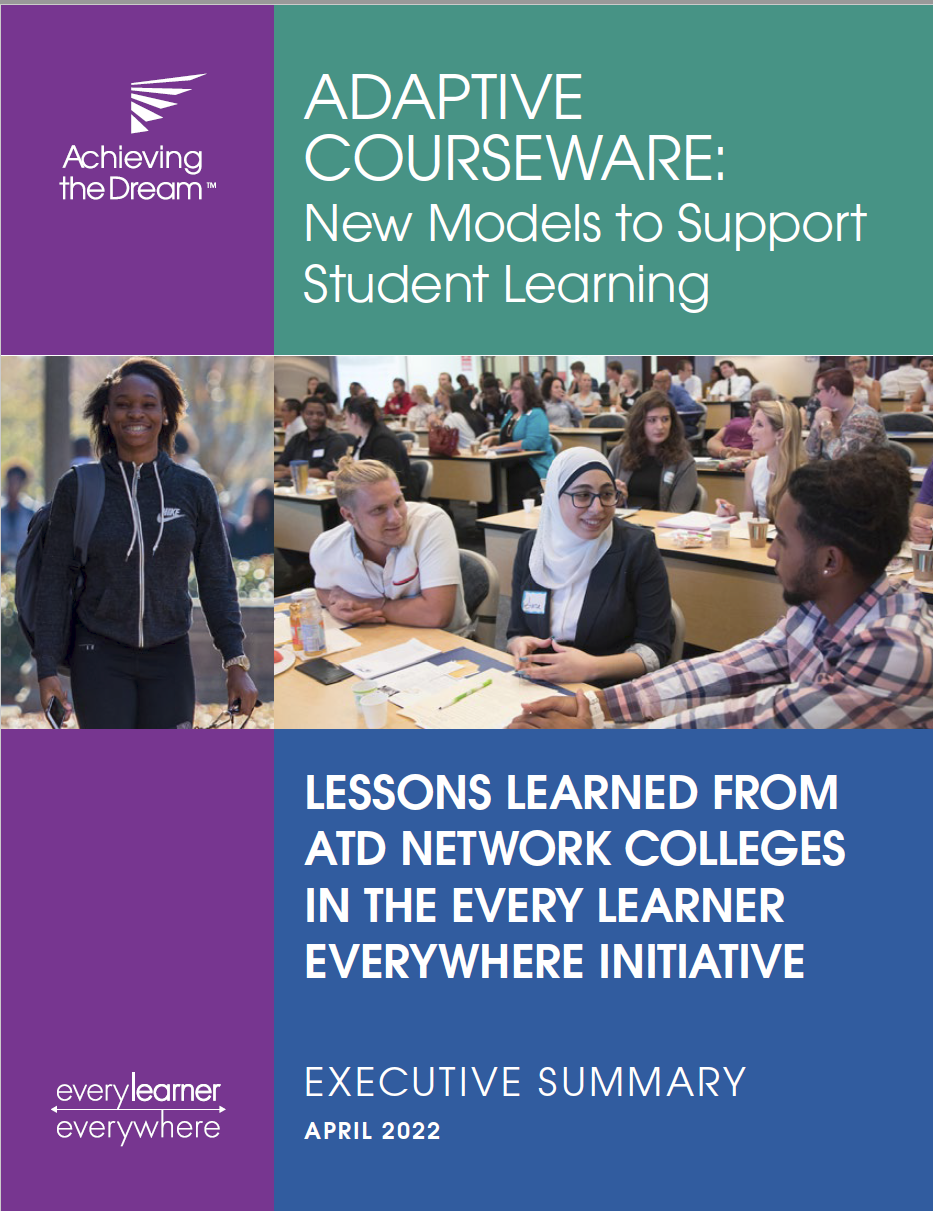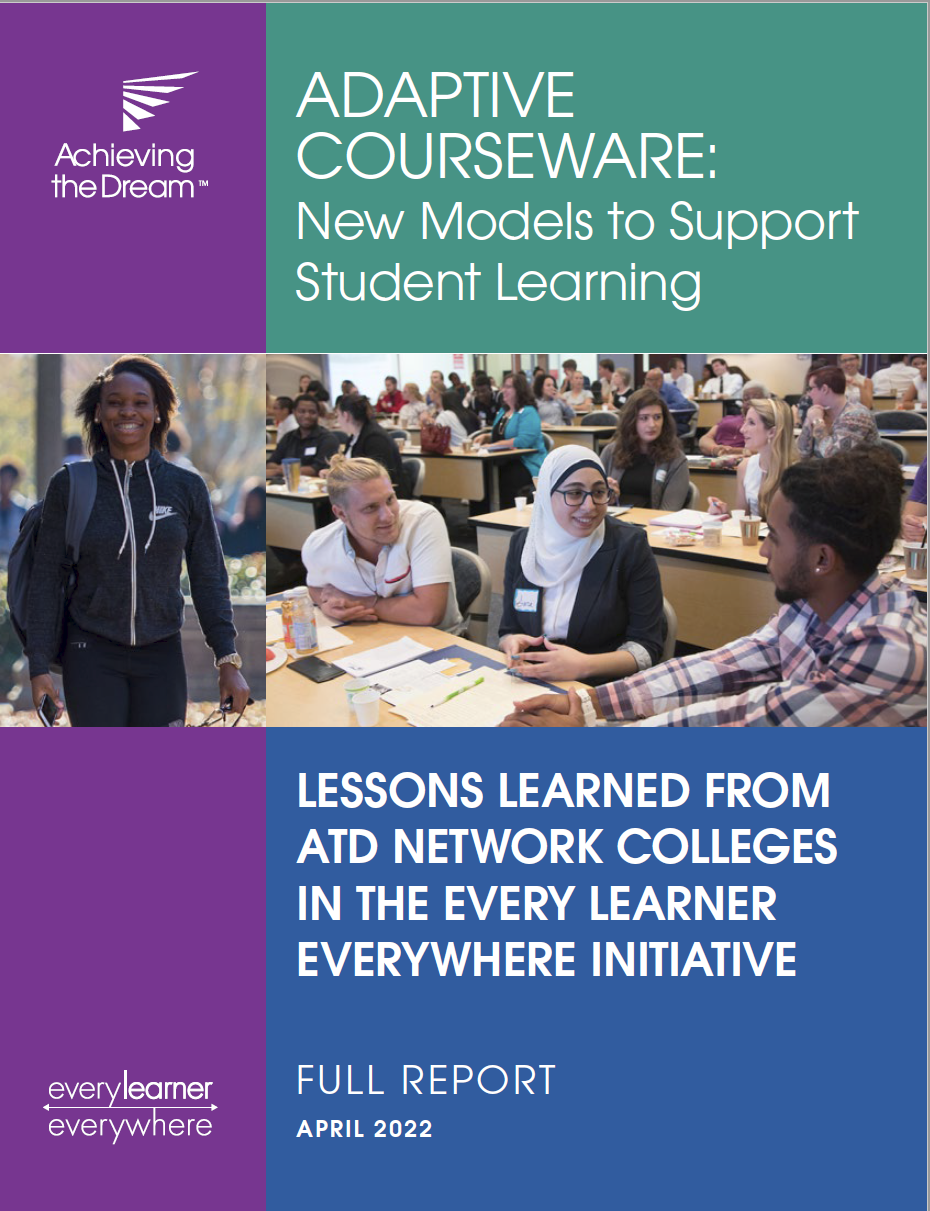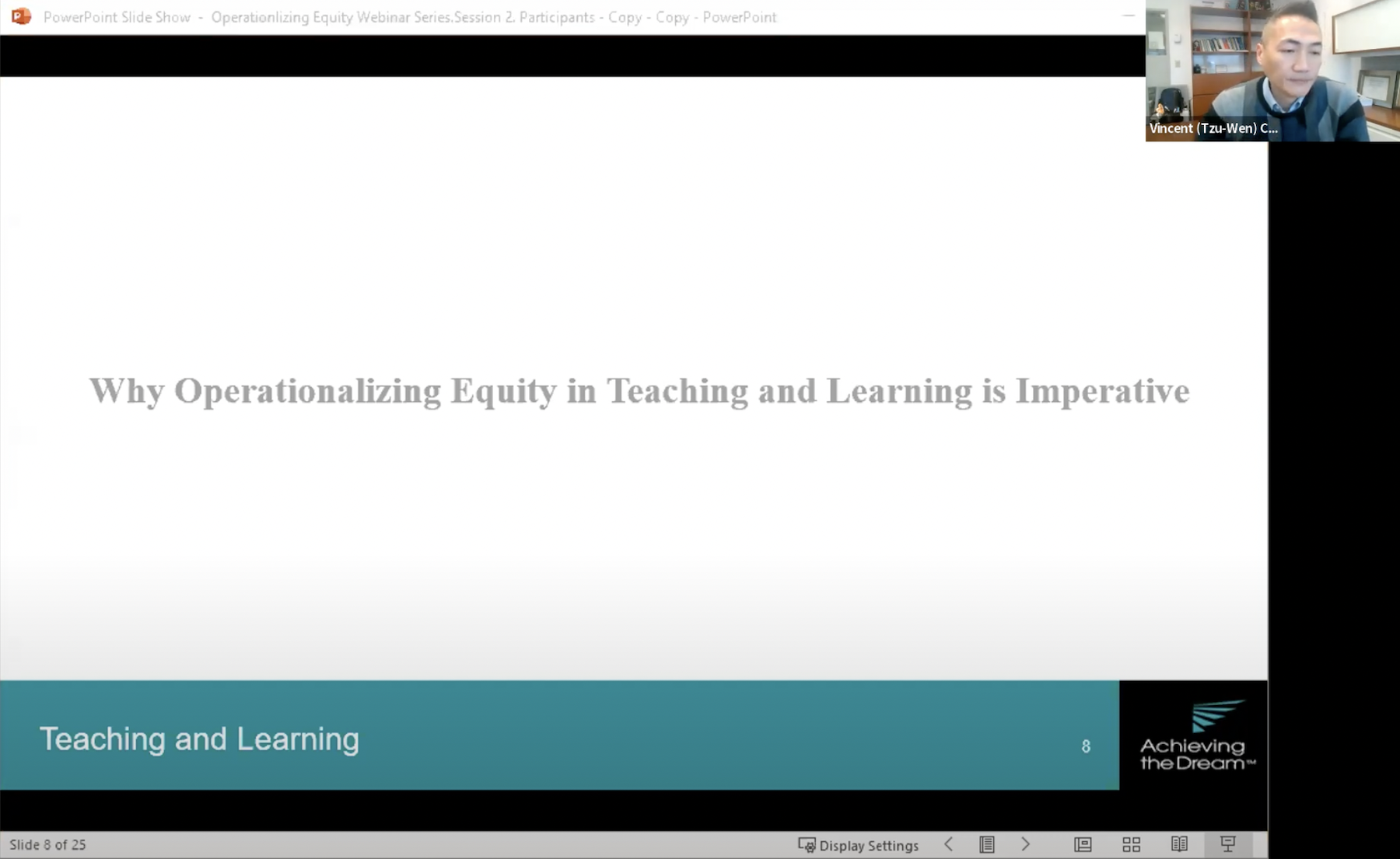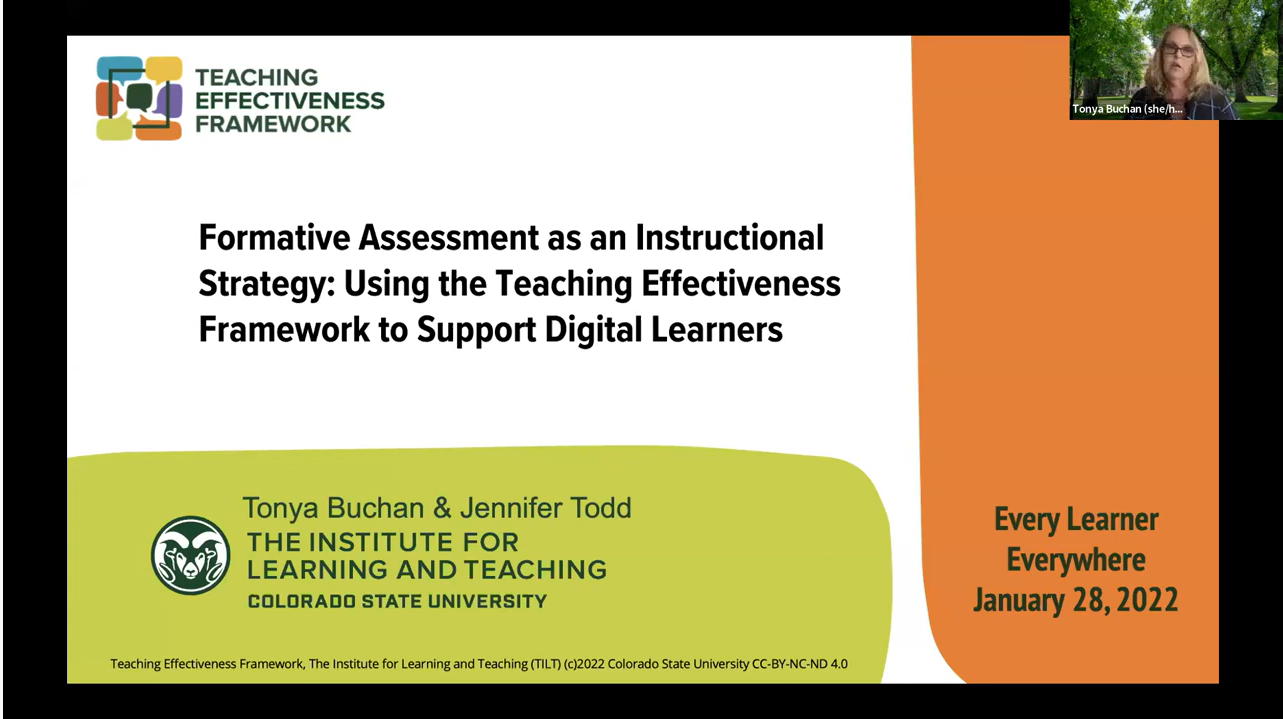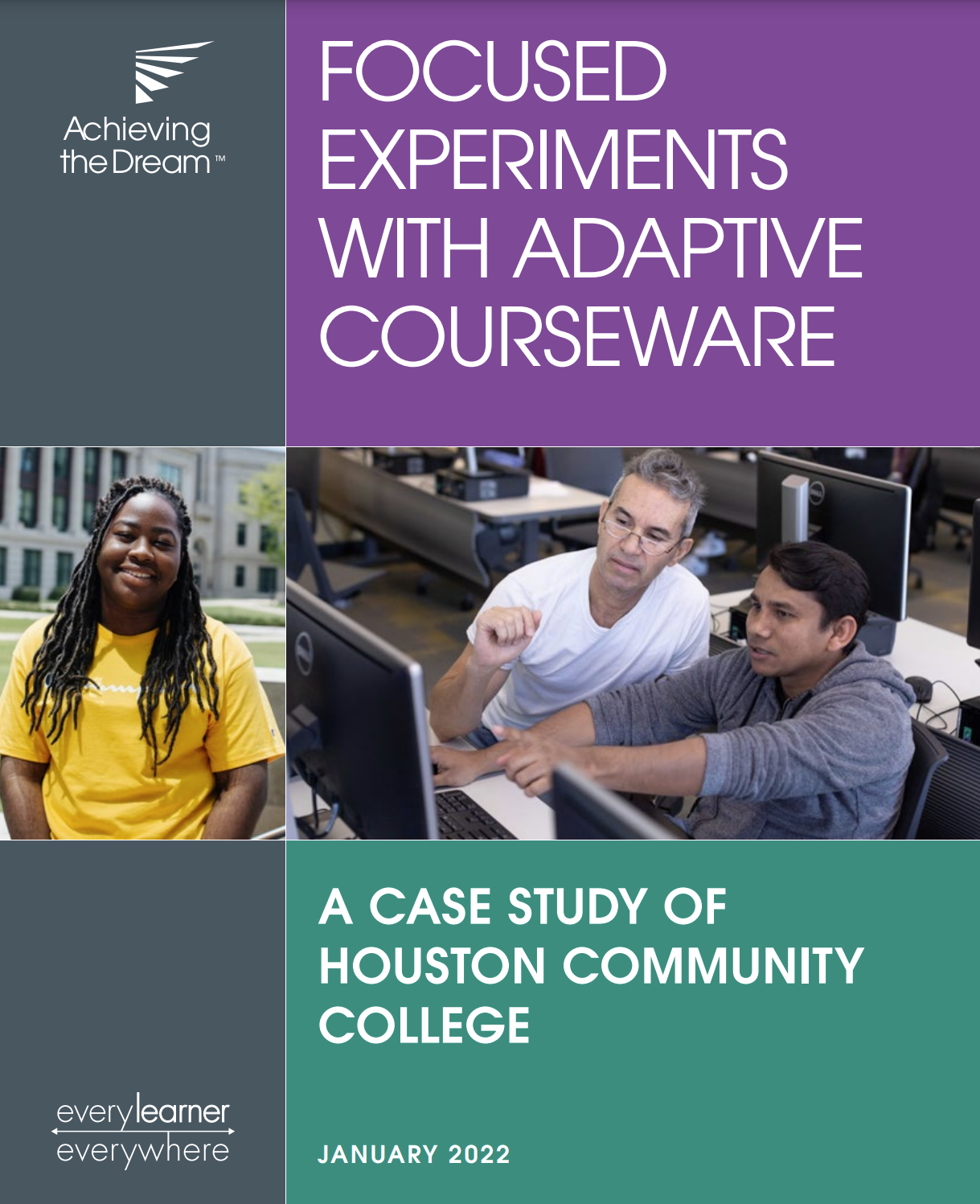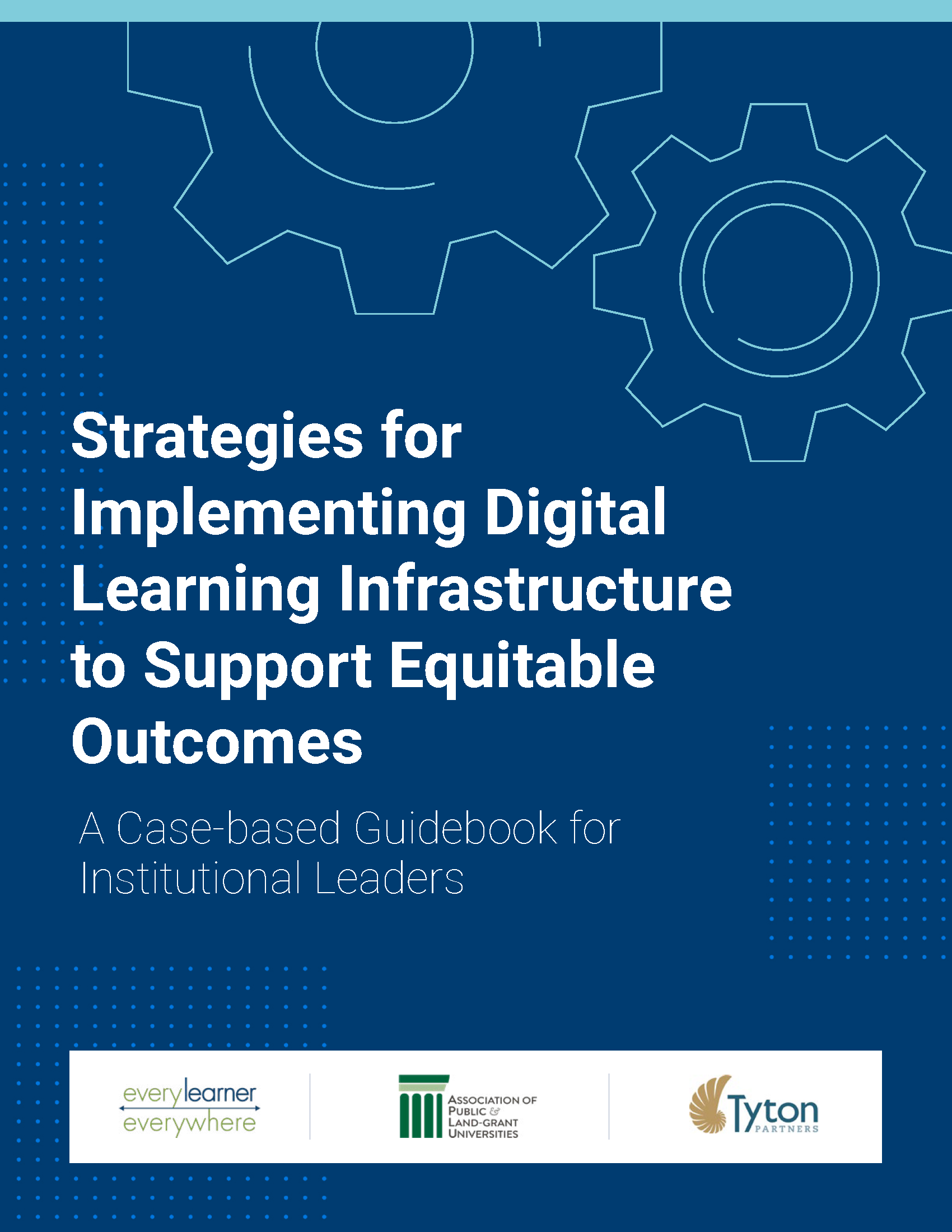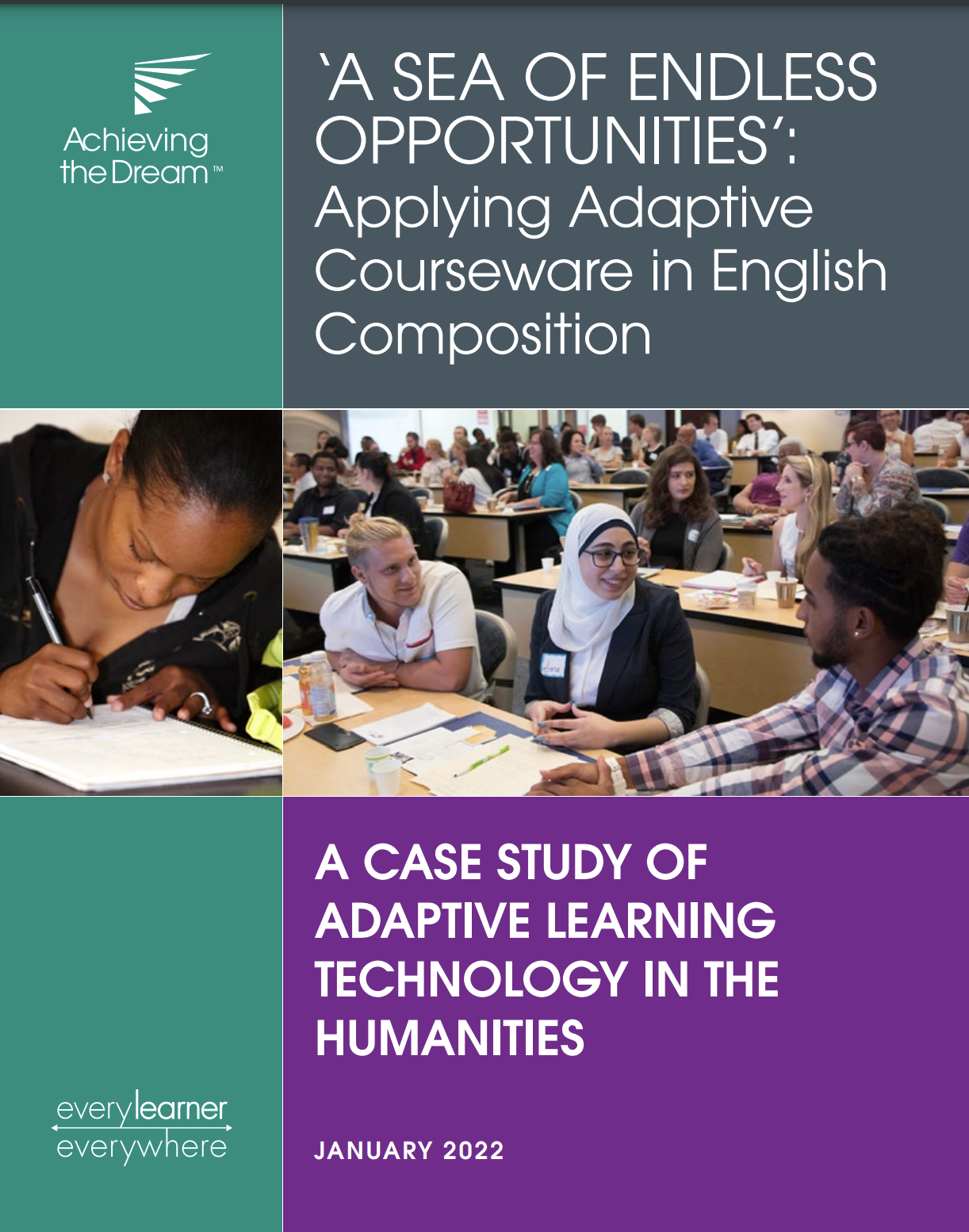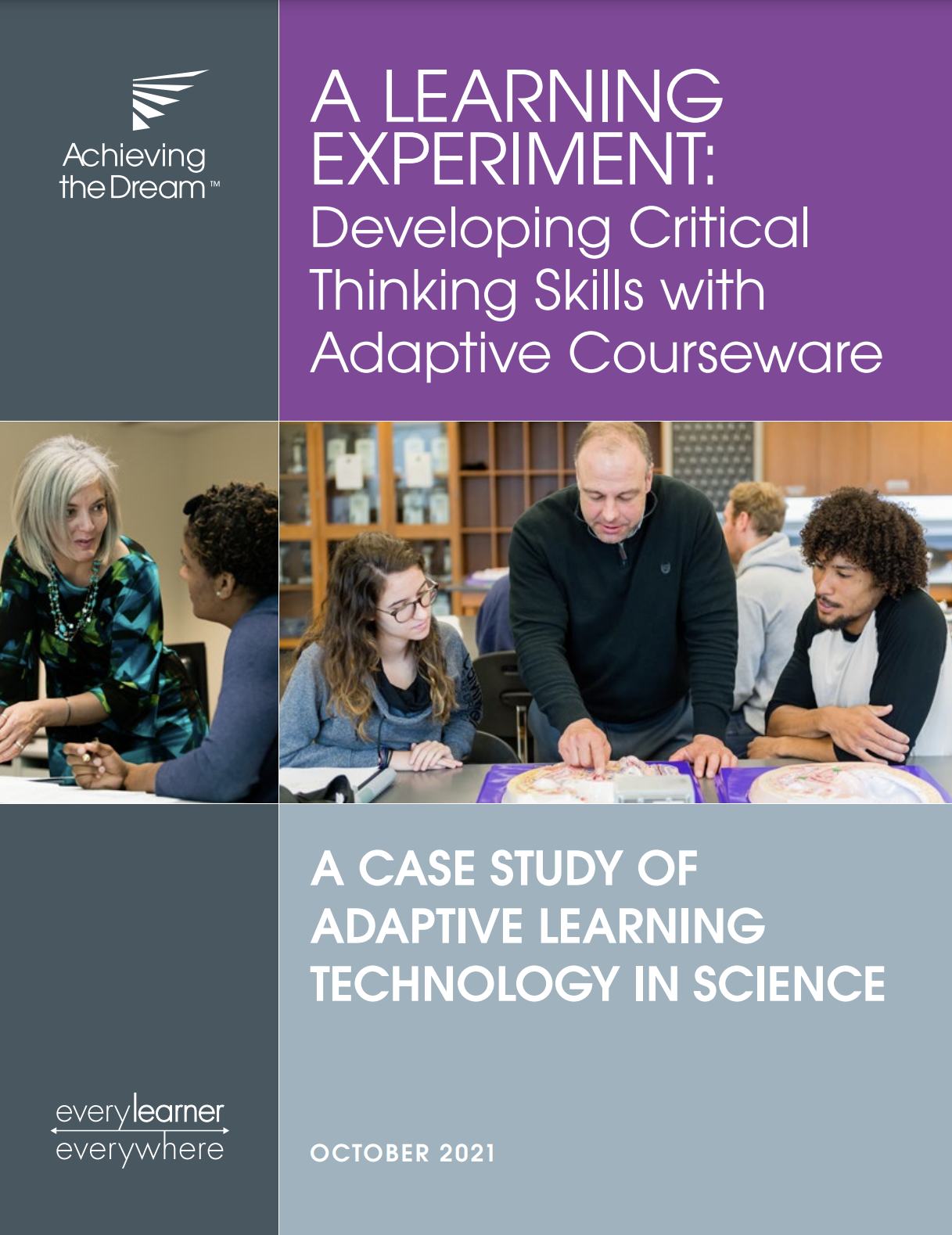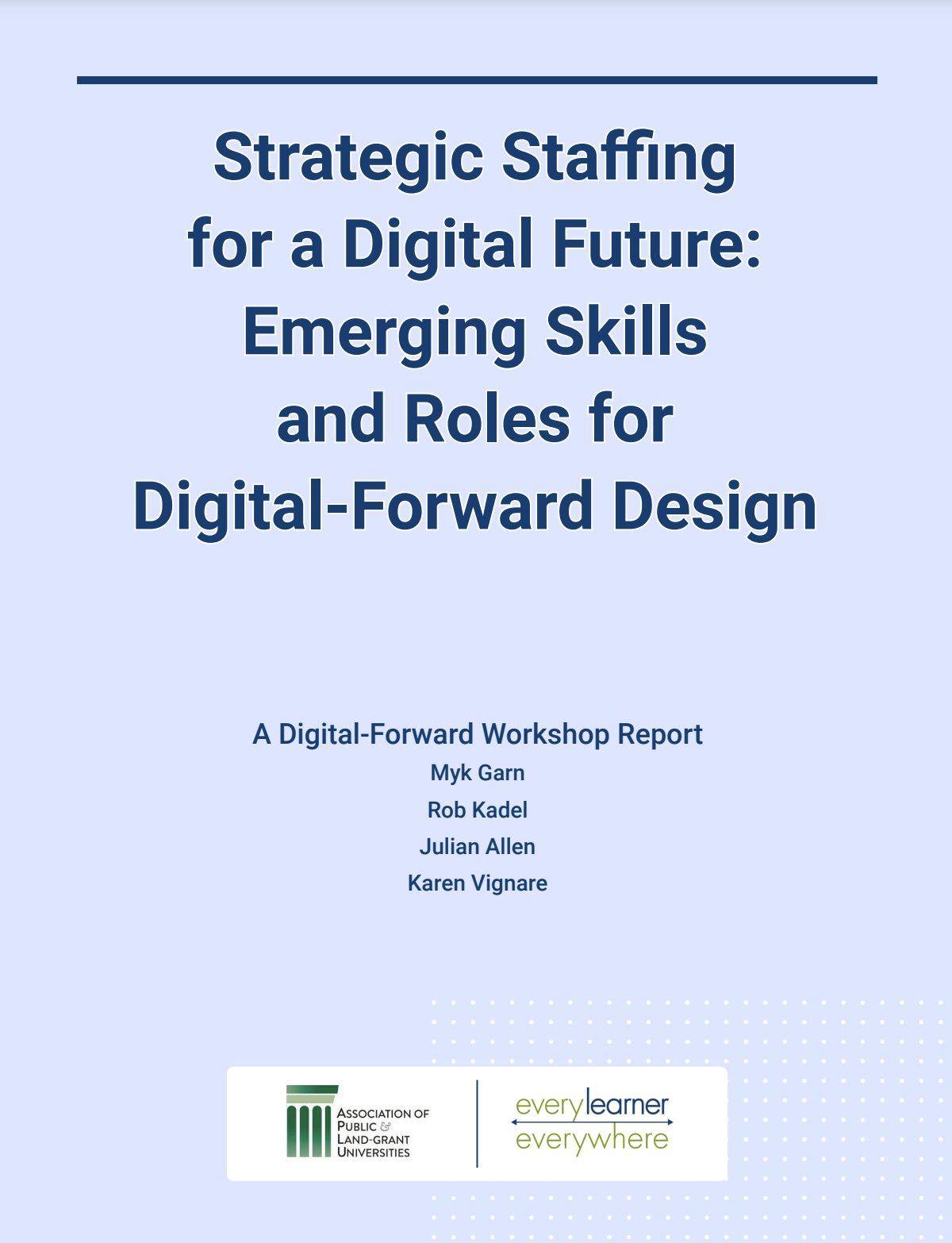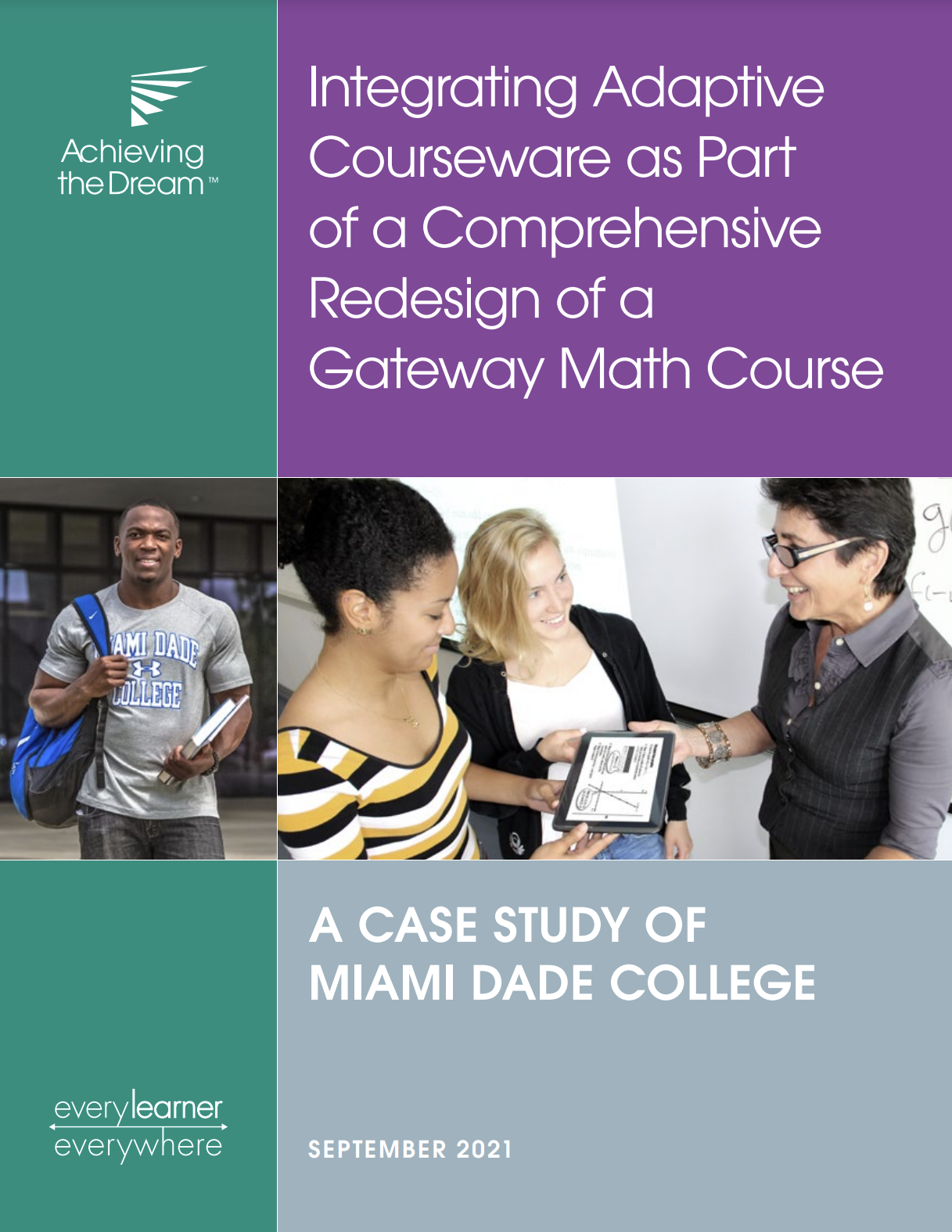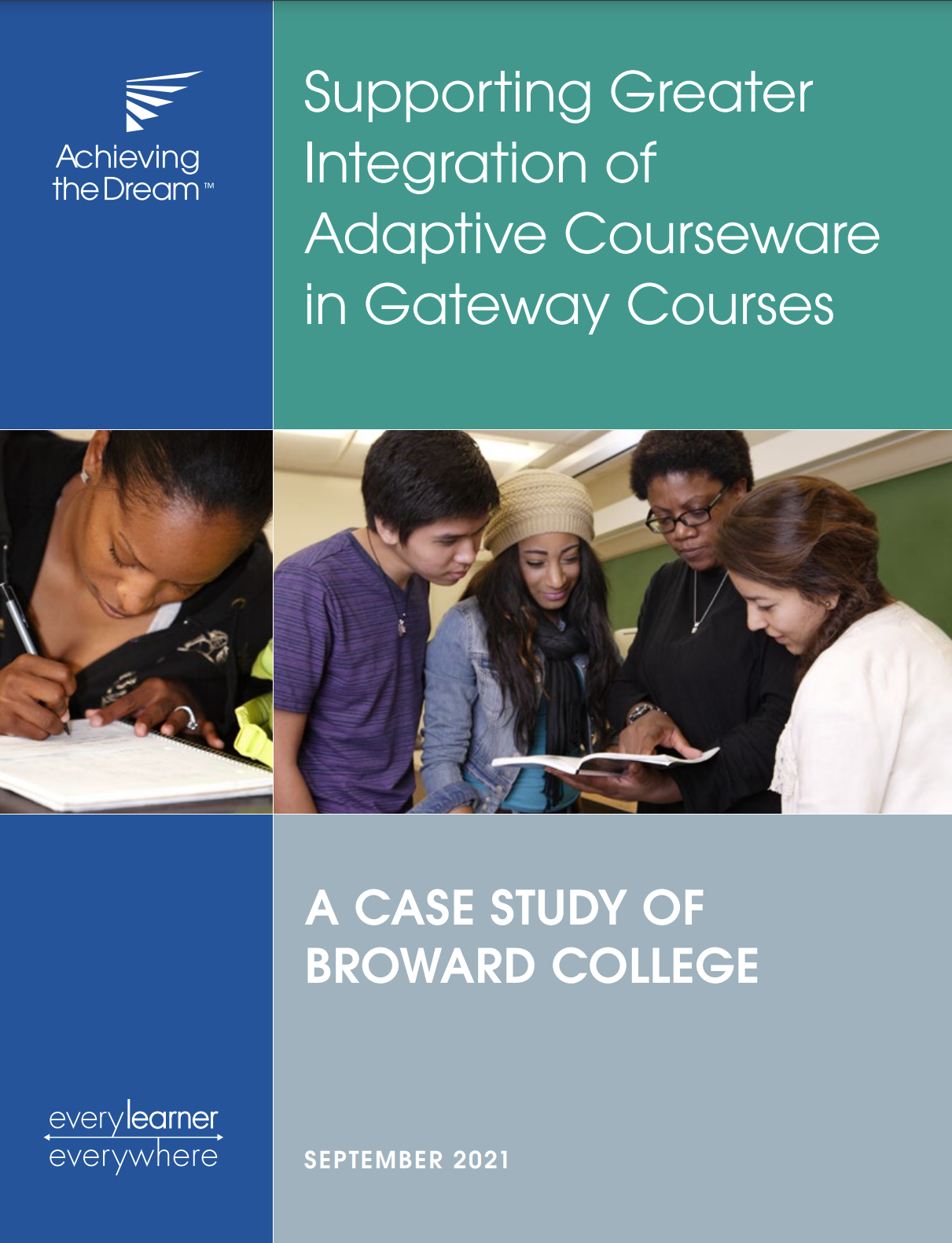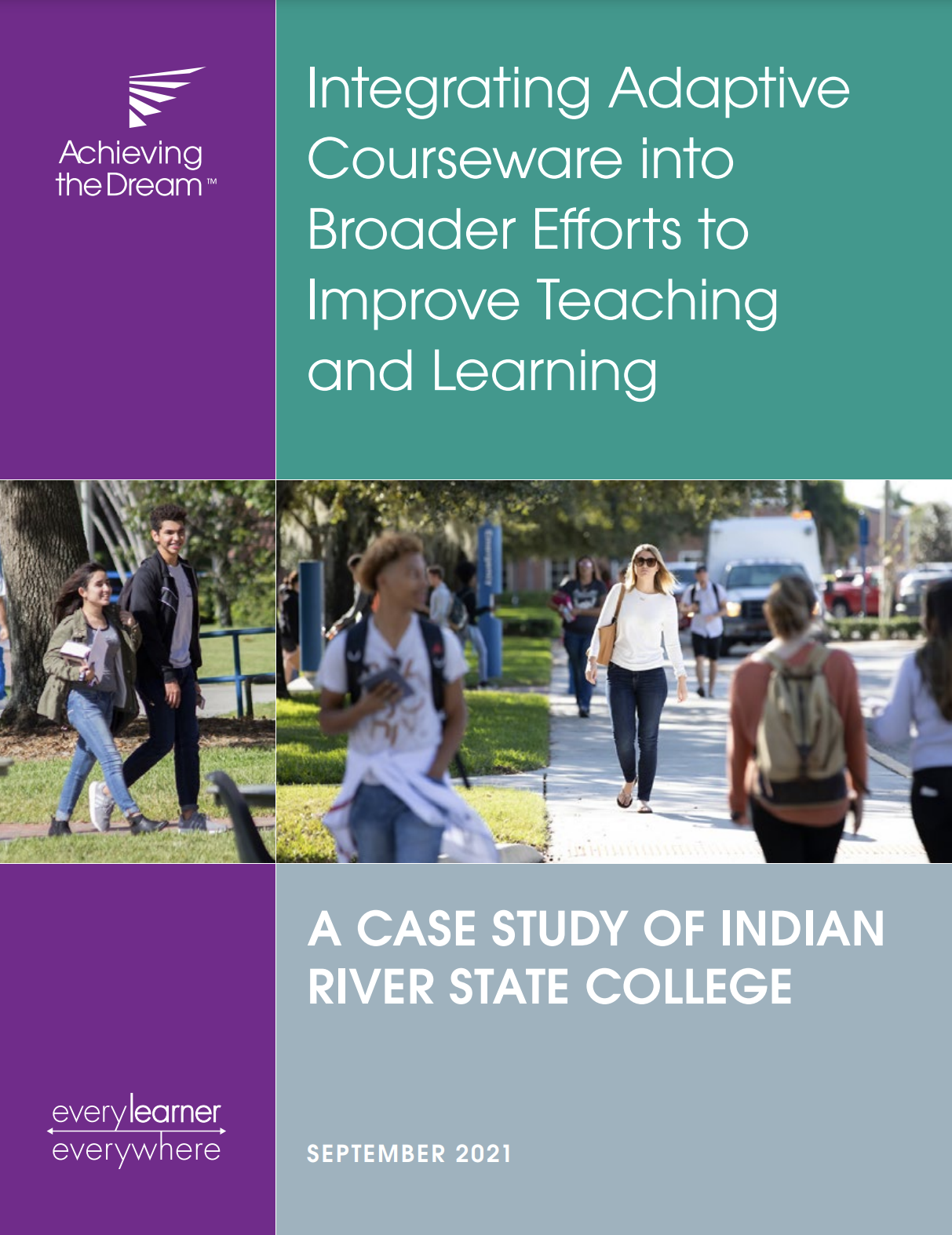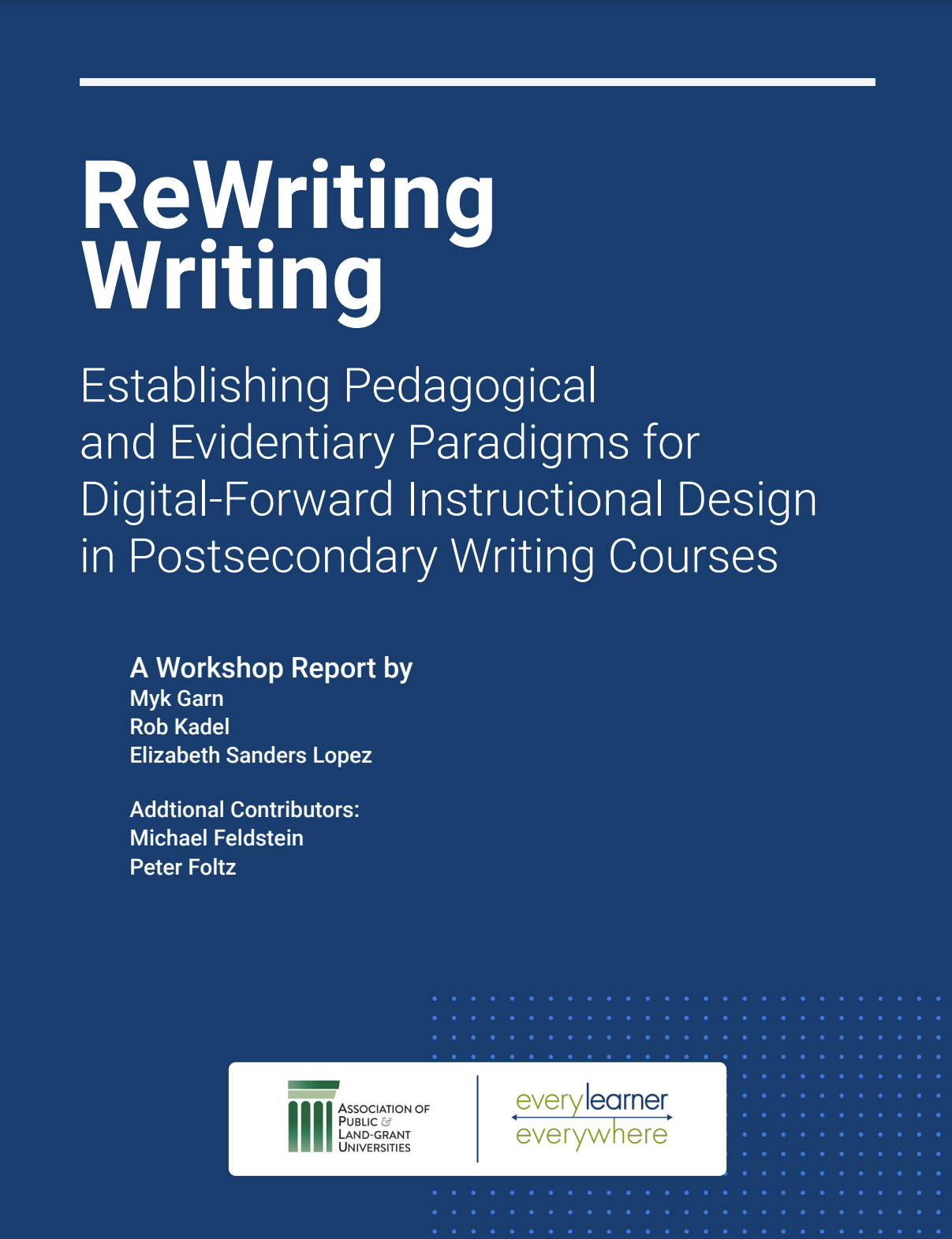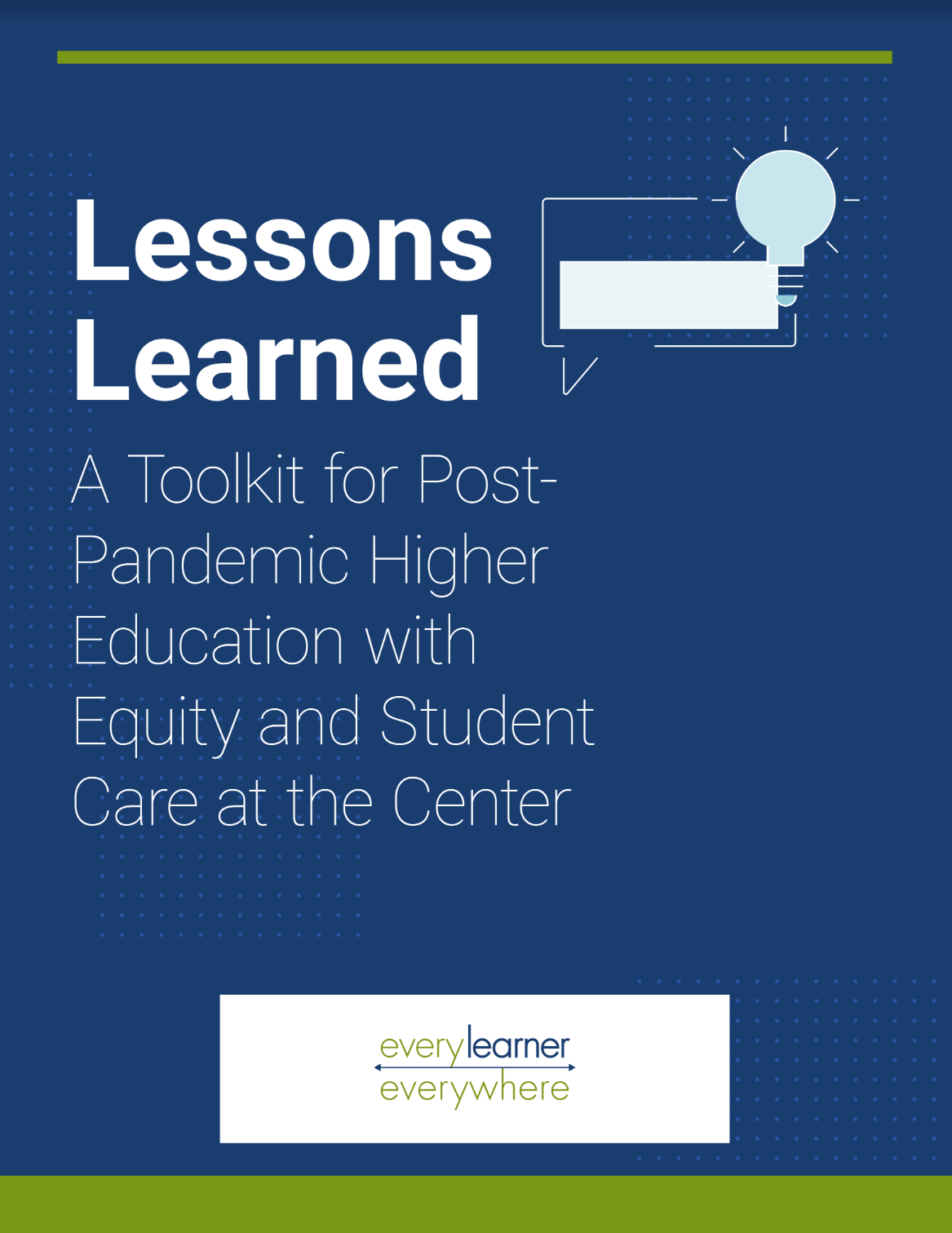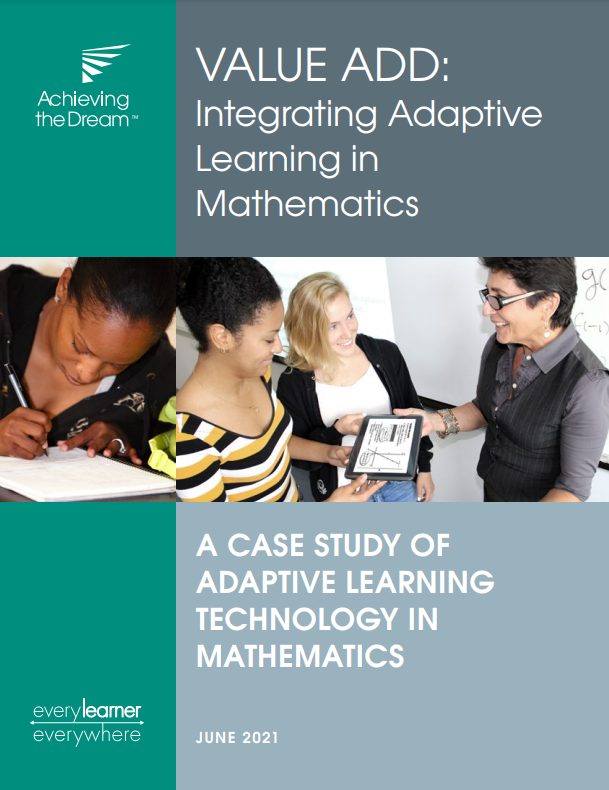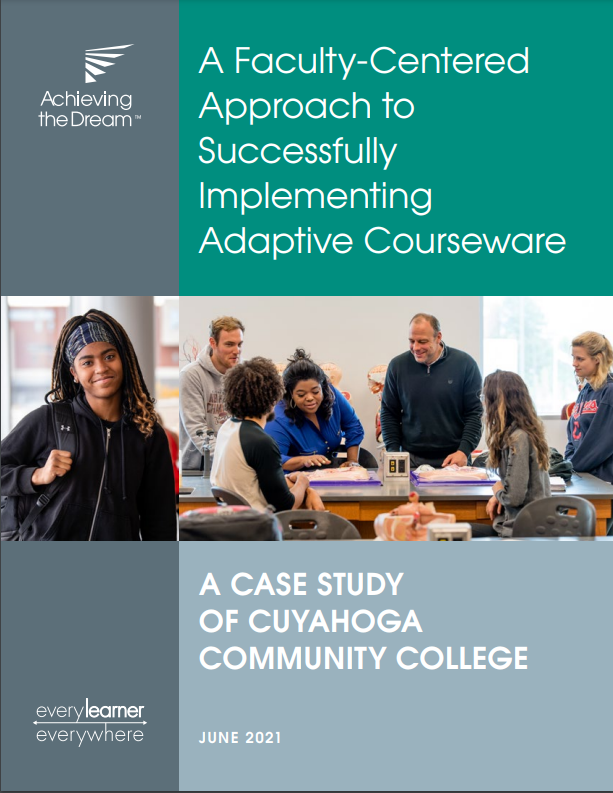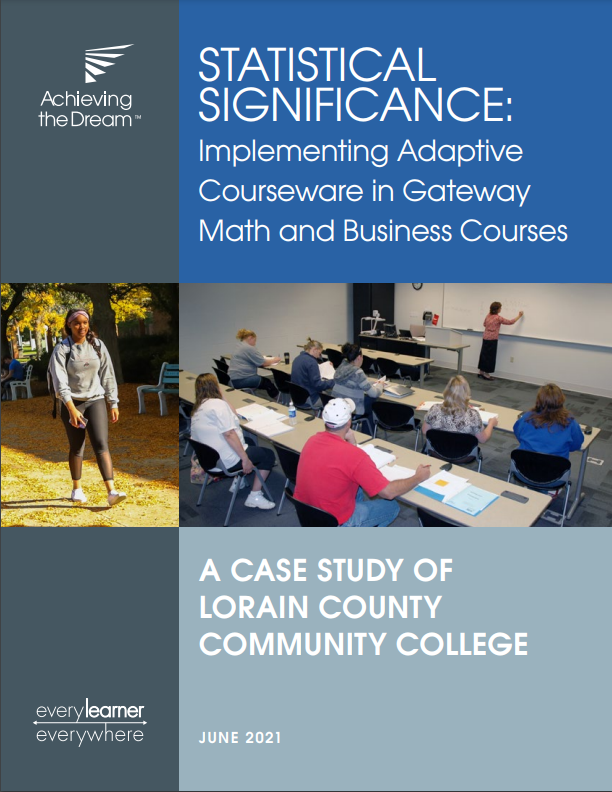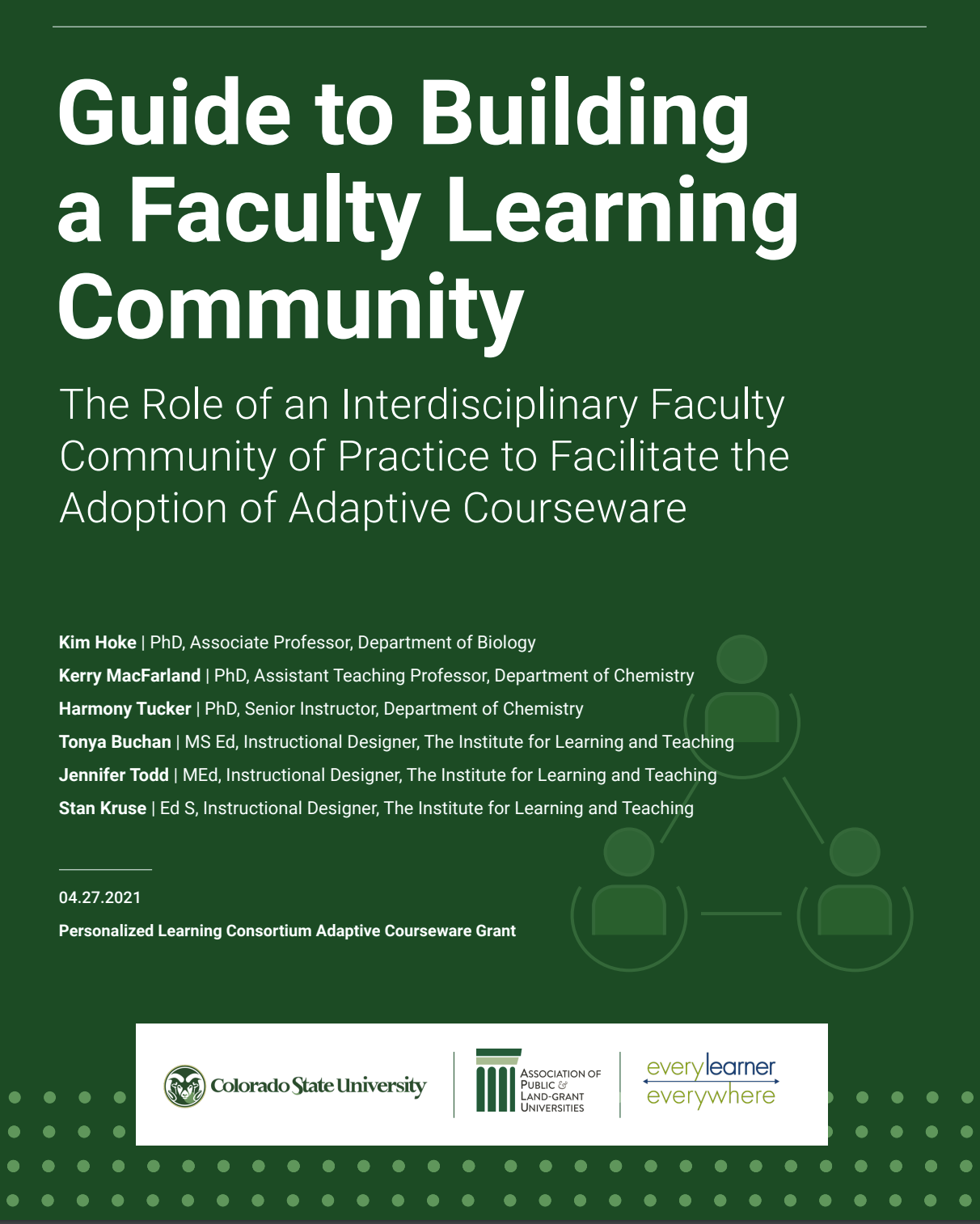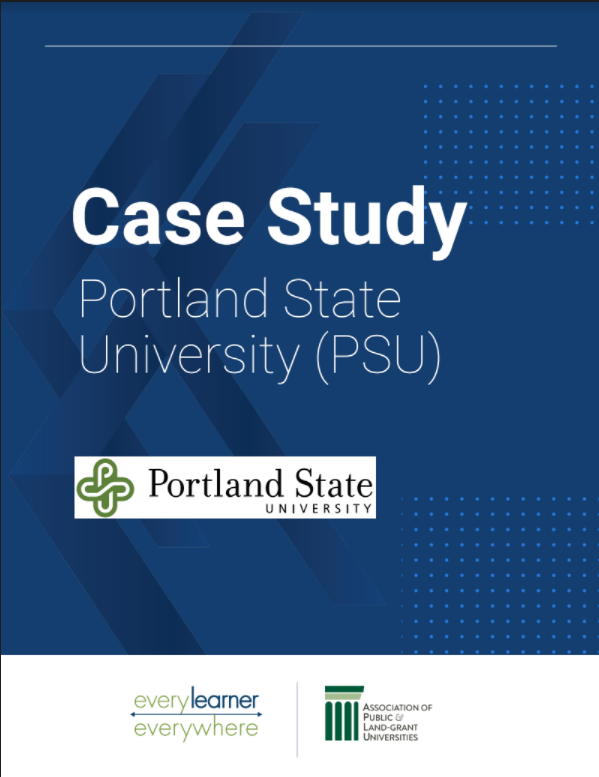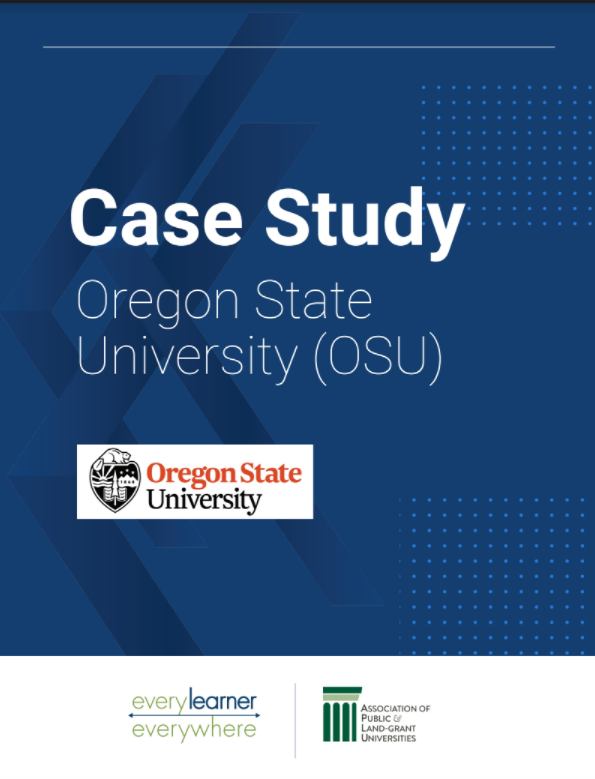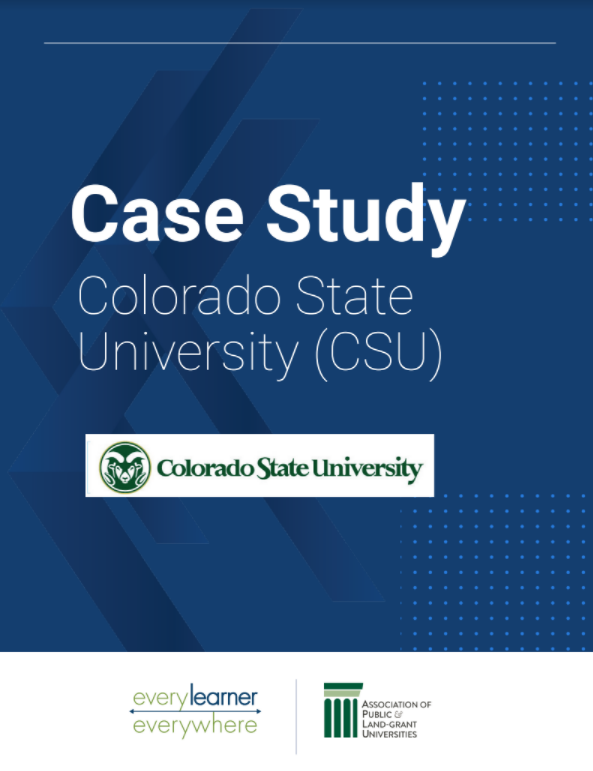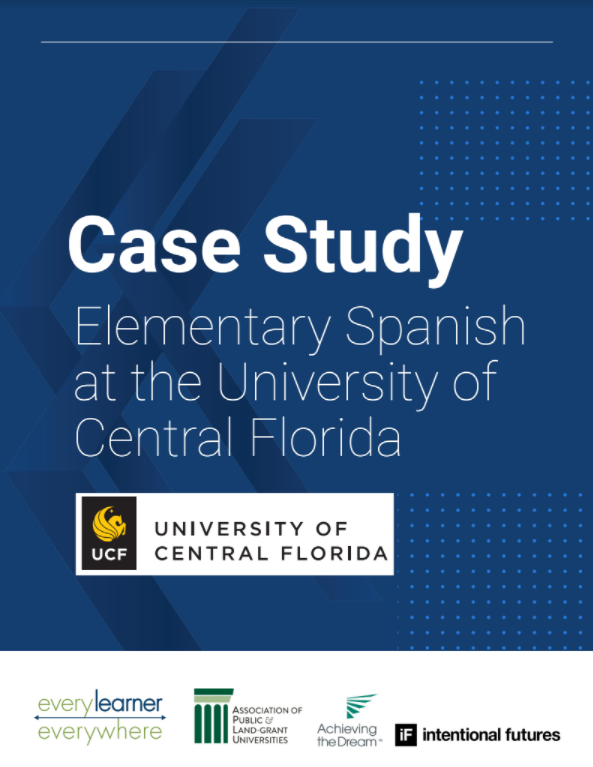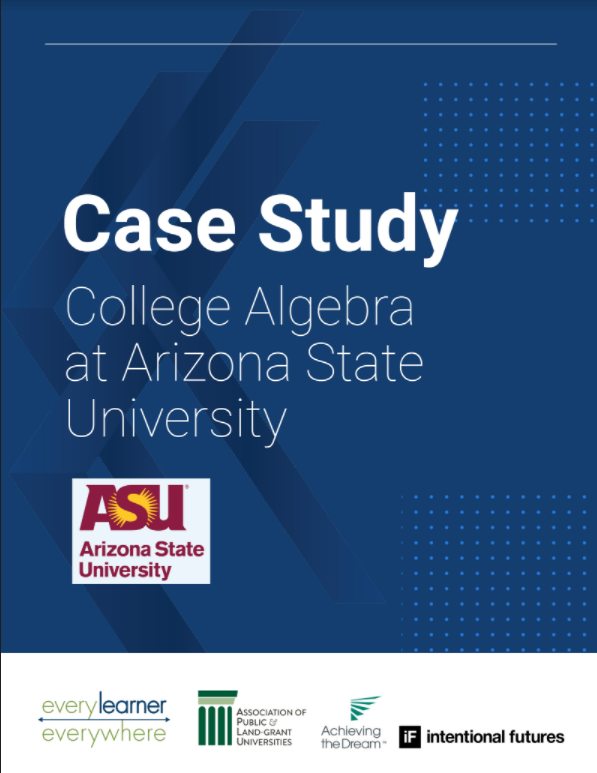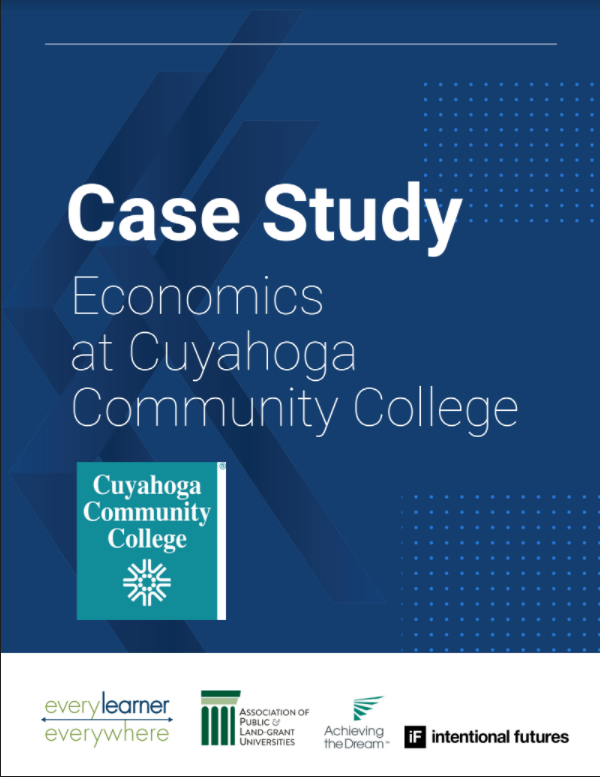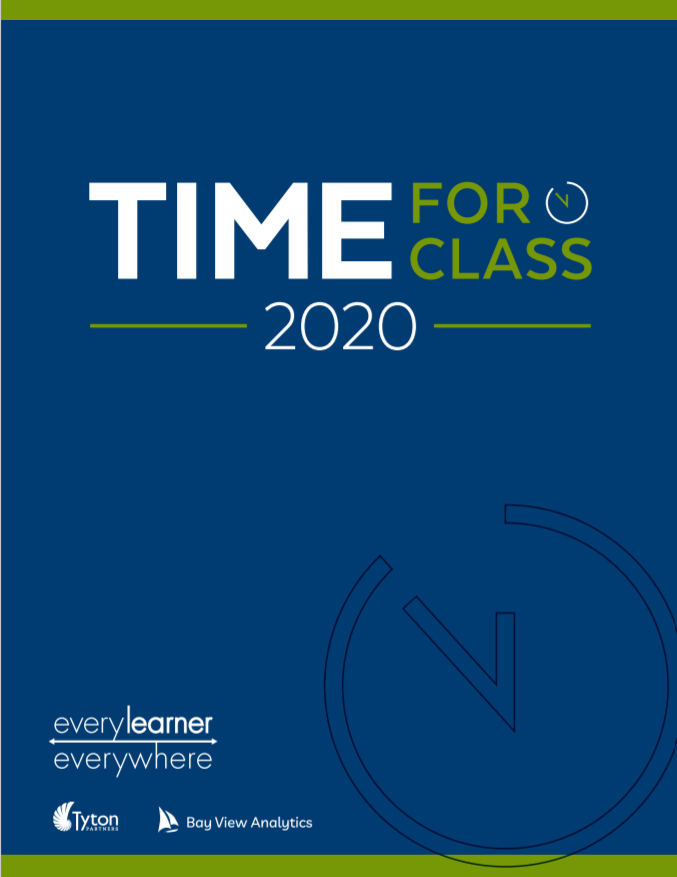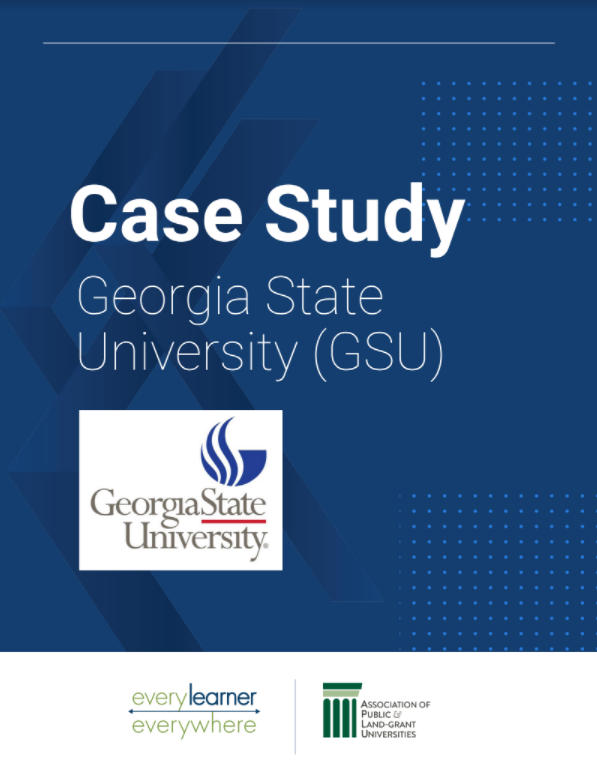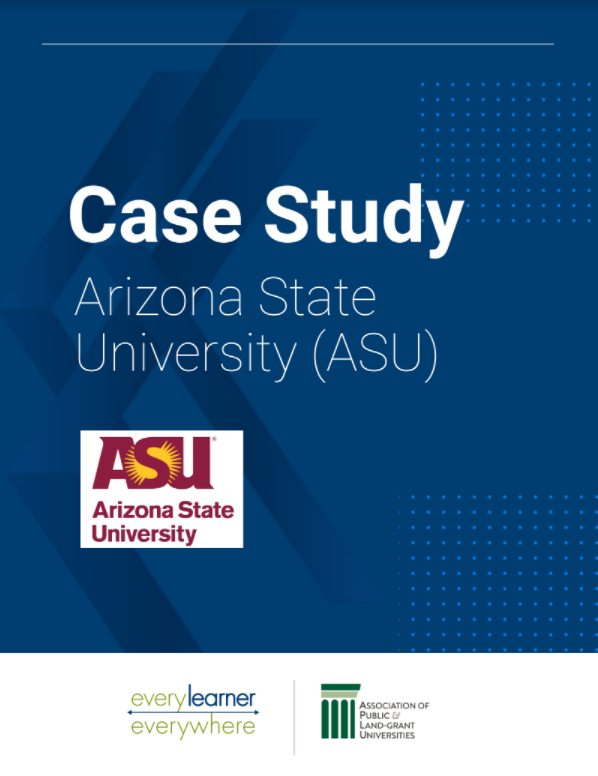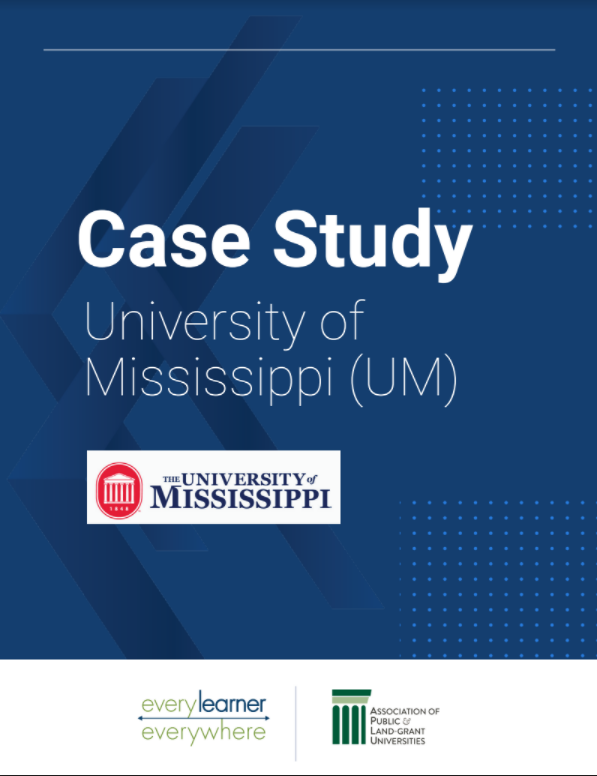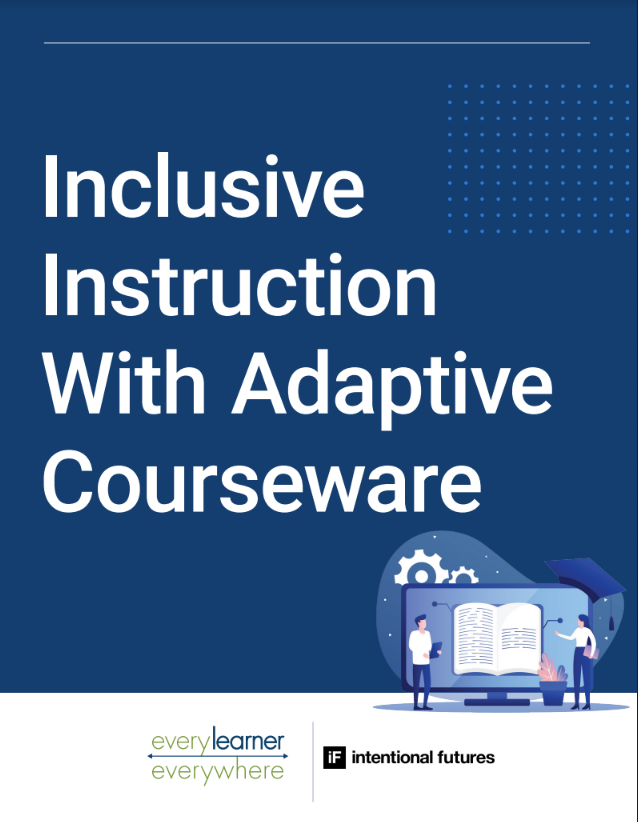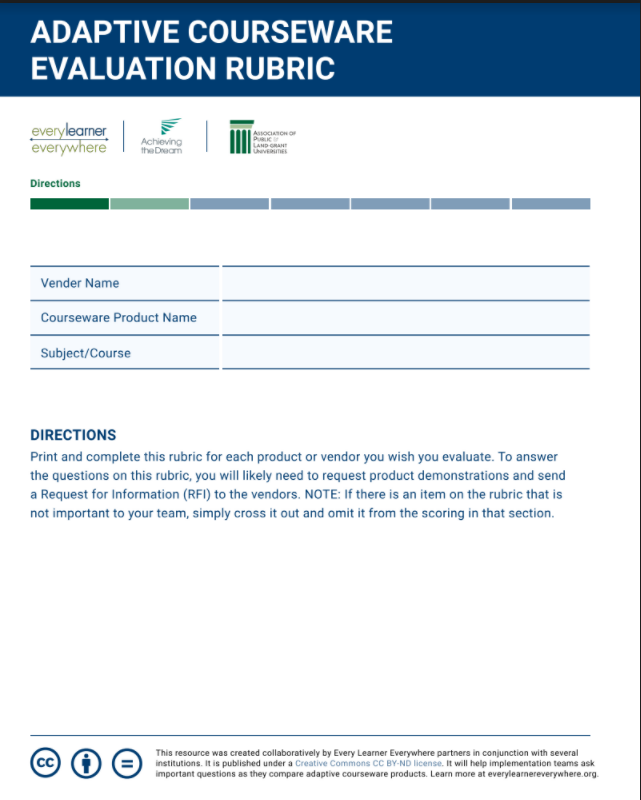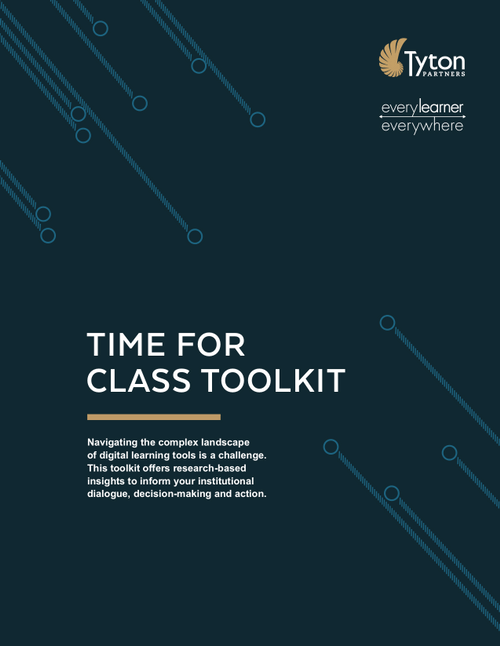Featured Resource
All Resources
Materials are freely available on our website and licensed under a Creative Commons Attribution-No Derivatives 4.0 International License, unless otherwise noted. Accessible versions of publications produced before 2025, are available upon request. Please complete this form and Every Learner staff will be in touch. Response times may vary, especially for longer or more complex documents.
View Archived Resource LibraryJanuary 2025
This profile examines the culture at Hispanic Serving Institutions as well as opportunities and challenges around digital learning at HSIs. Our research uncovered that students at HSIs valued experiences that celebrate Hispanic and Latino culturas (cultures), nurture bonds among and service to the Hispanic comunidad (community), and demonstrated the institution’s intención (intention) to serve Latino students.
January 2025
This profile examines the culture at TCUs. Tribal leaders, historians, educational researchers, and journalists have noted the unique role of these institutions that center on preservation and revitalization of tribal bonds as well as preservation and revitalization of the knowledge and culture of the first nations.
December 2023
The Equity-Minded Digital Learning Strategy Guides help faculty intentionally and authentically affirm, uplift, and liberate students. As higher education continues to address eliminating inequitable outcomes in teaching and learning, these guides will help institutions embed equity, culturally responsive teaching, social justice education, and open pedagogy through evidence-based teaching practices.
December 2023
Being able to choose course design, content, assignments, assessments, and instructional approaches based on the context of the learners and the current events of the times allows students to relate all areas of the course to their lives and equitizes their experiences and outcomes. This guide is designed to support faculty with operationalizing open pedagogy through a culturally responsive lens.
January 2022
This report focuses on building the core infrastructure needed for high-quality digital learning and is designed primarily for a mid- to senior-level academic administrators including department chairs, leaders of centers of teaching and learning, technology leaders, and academic leadership.
October 2021
The study suggests that adaptive learning technology helped students who need support with prerequisite concepts, provided tools to help guide students through complex, multistep processes, gave faculty insights into concepts students were struggling with, and reduced the cost of course materials.
August 2021
Lessons Learned is made up of over 30 recommendations for improving practices in higher education. It asks where unexpected benefits showed themselves among the forced necessity of emergency remote teaching, and it encourages faculty, administrators, and academic and student support colleagues to continue collaborating to remove barriers, improve access, and update methods and tools.

